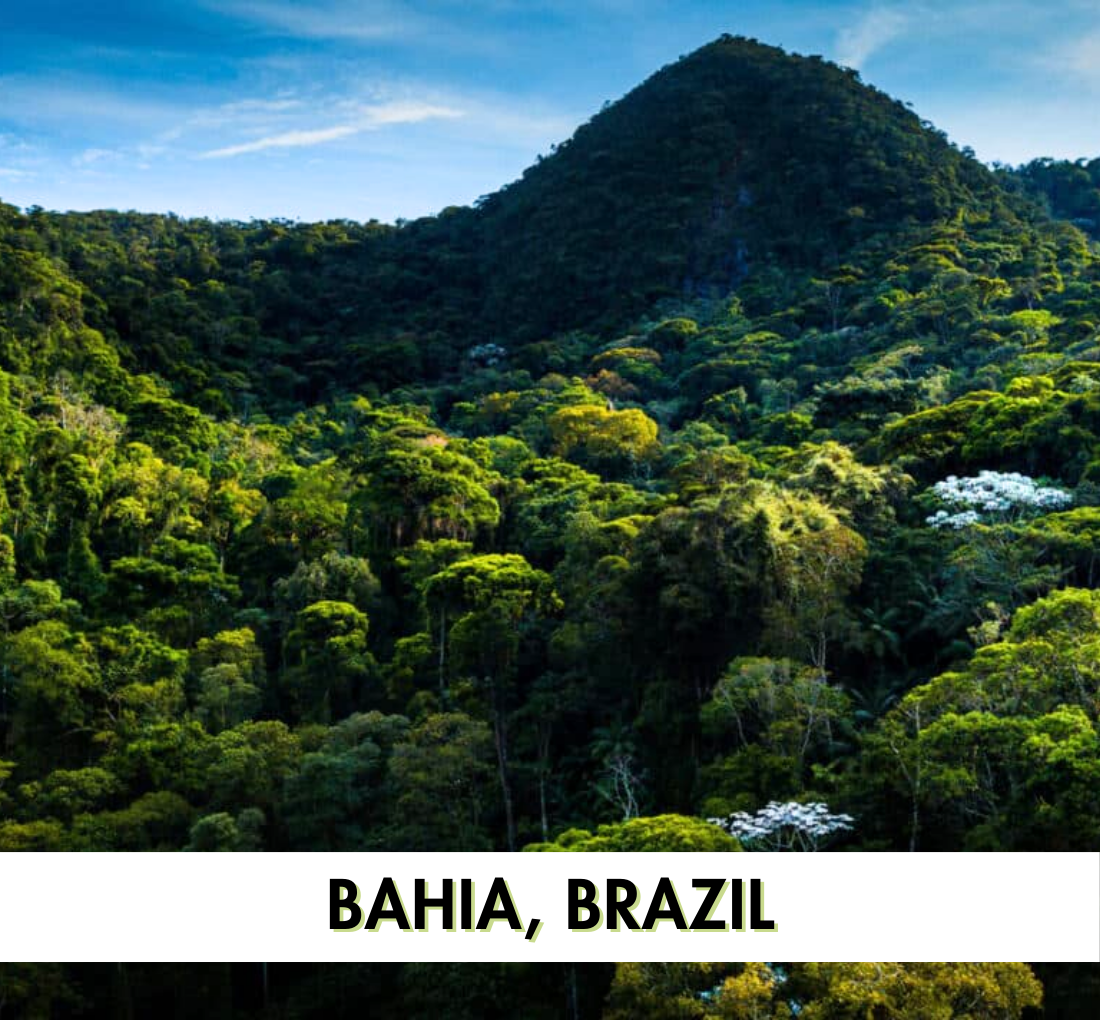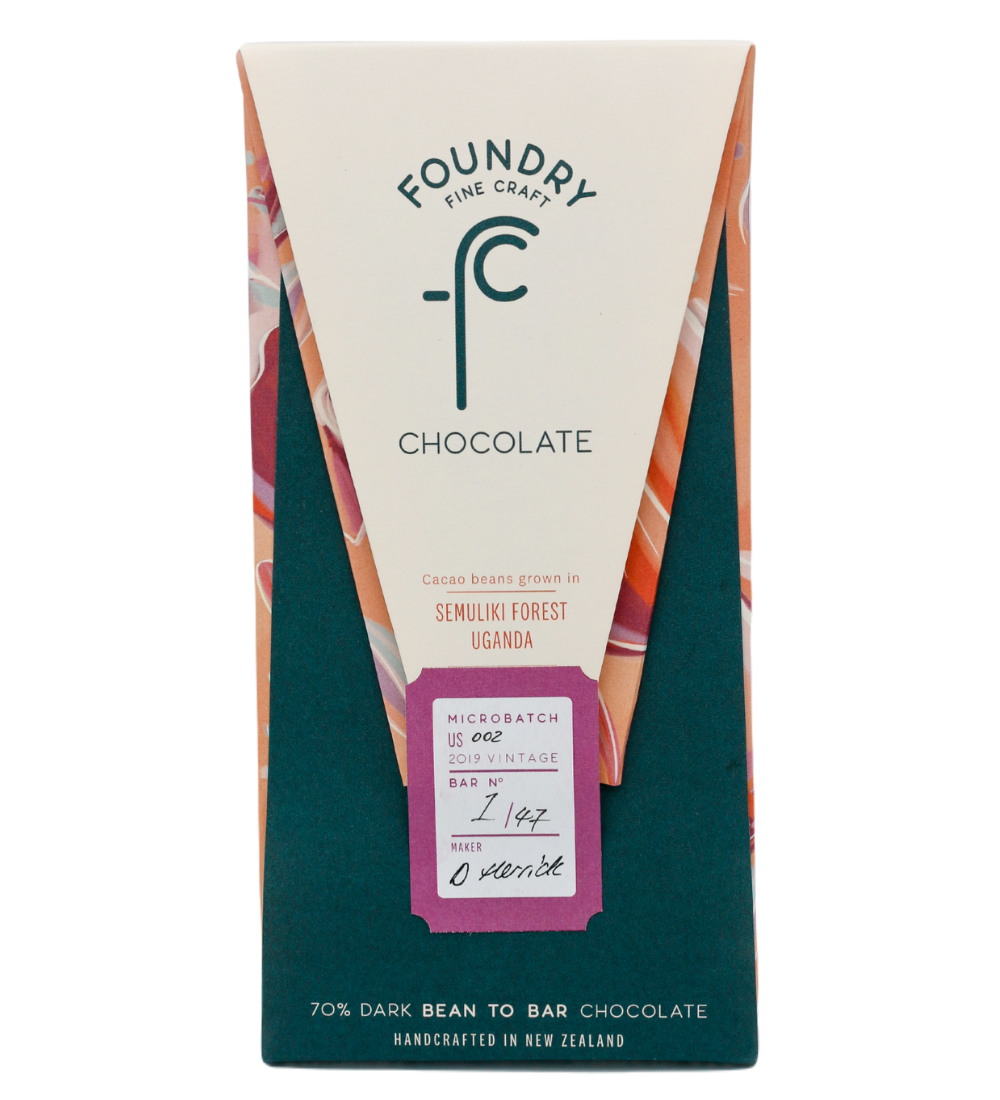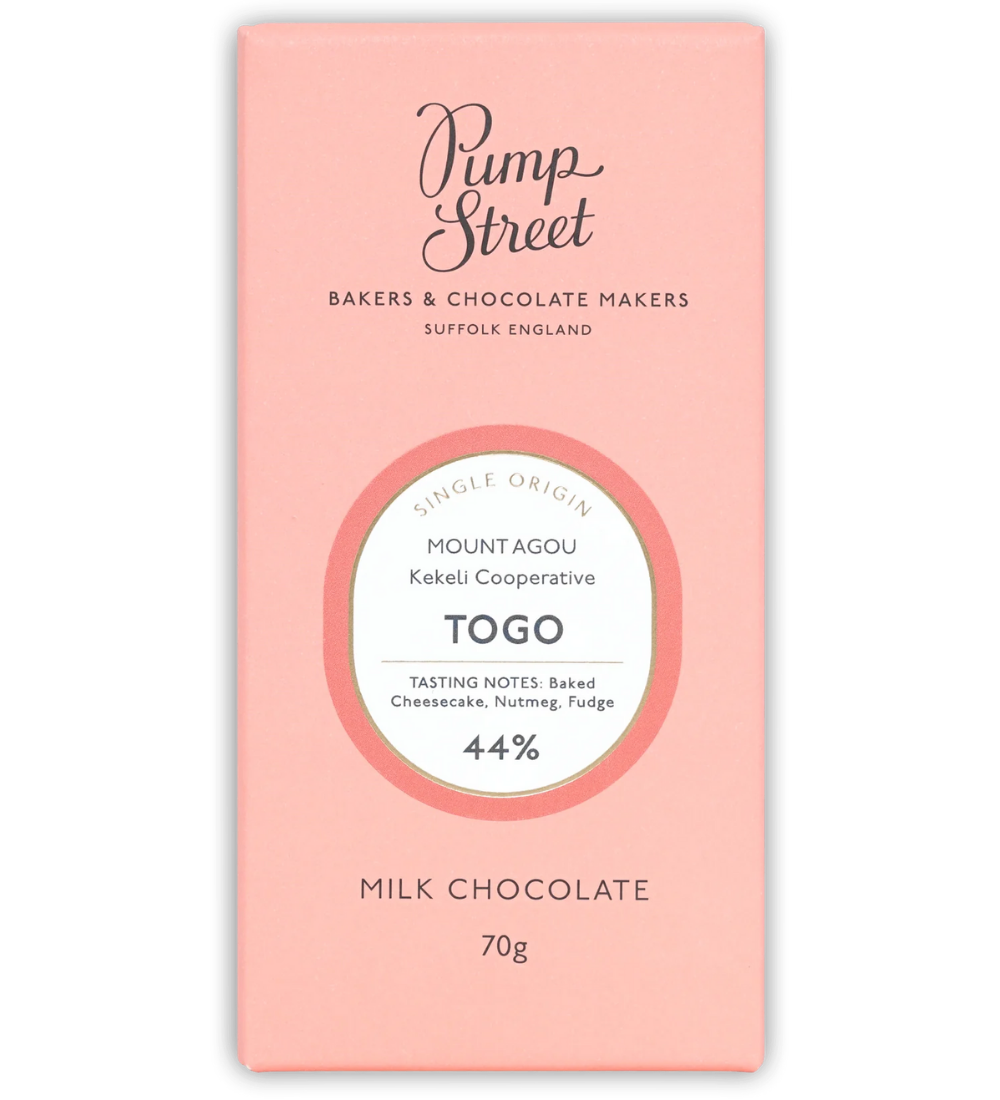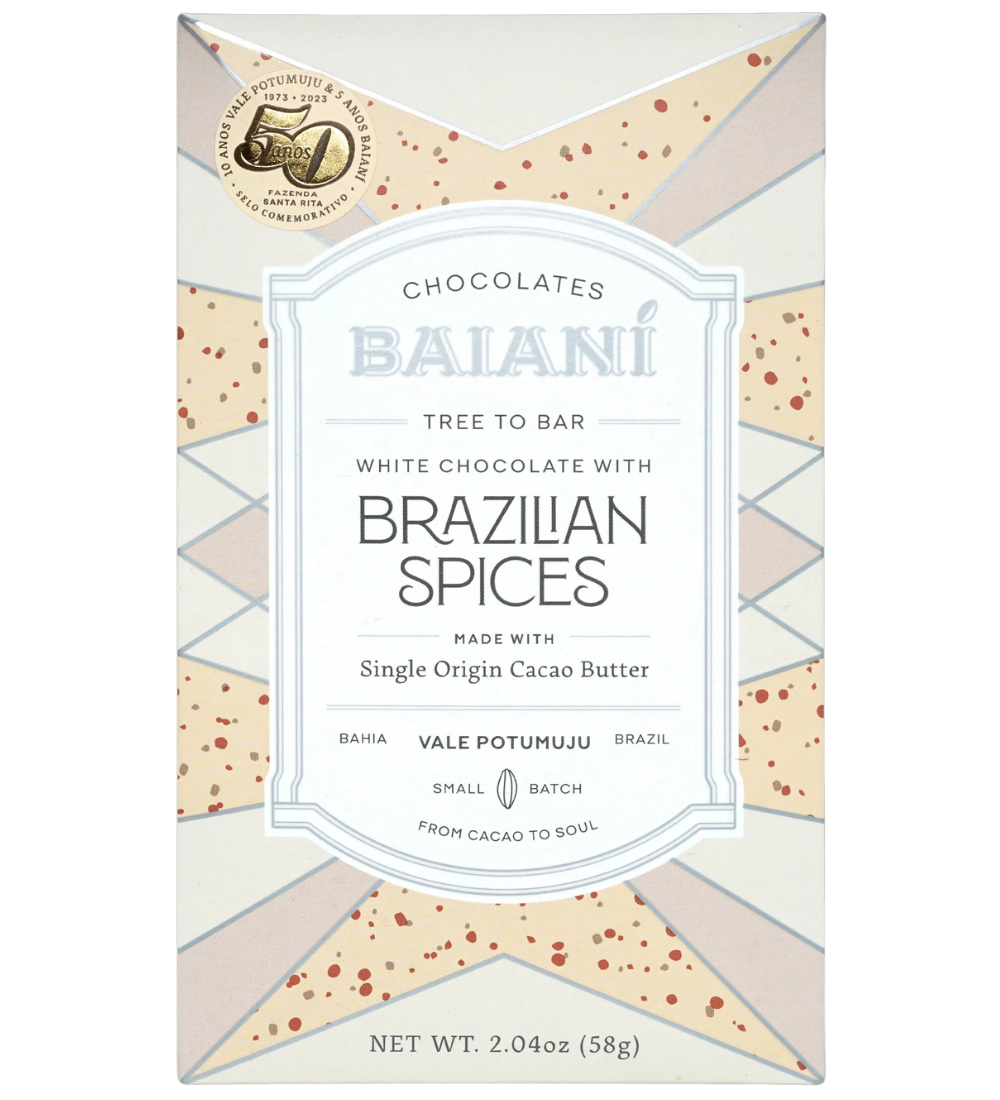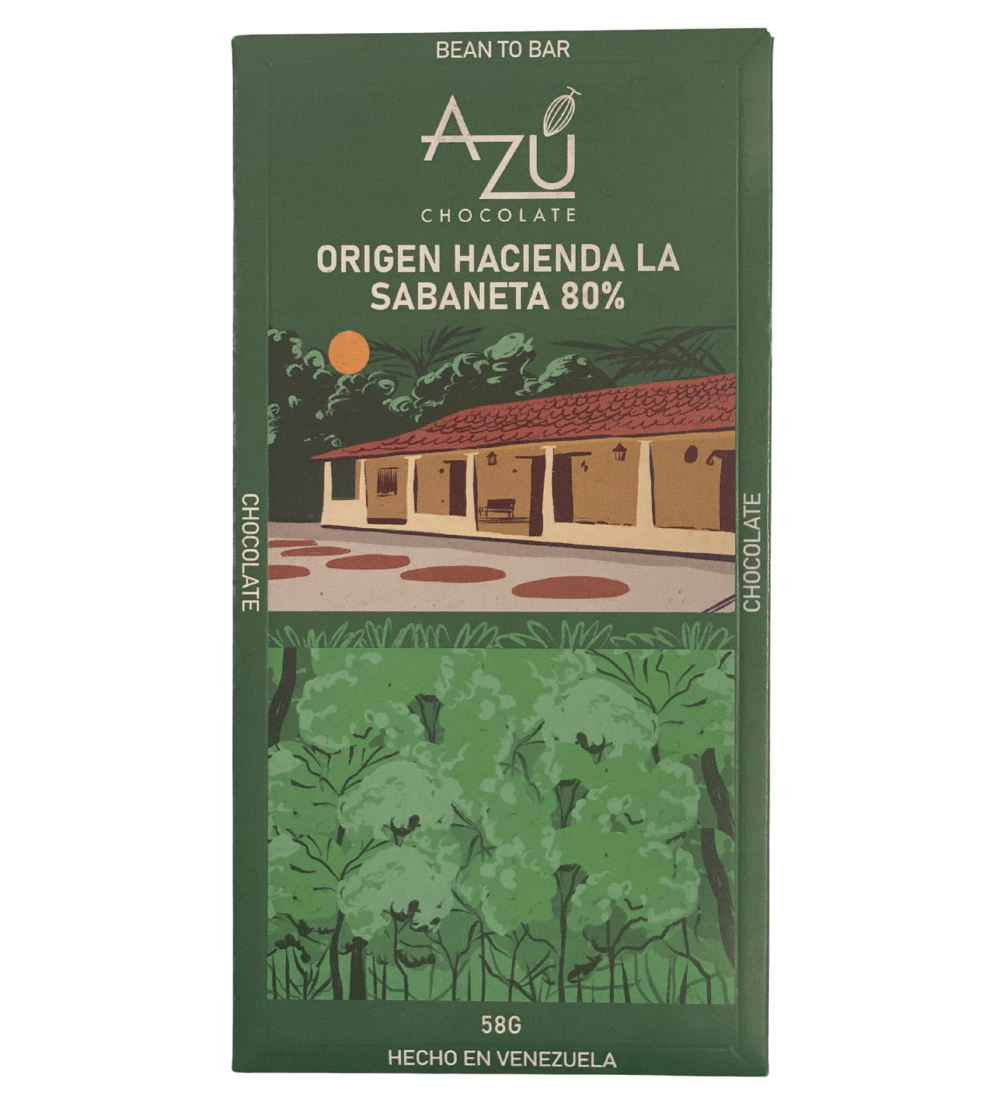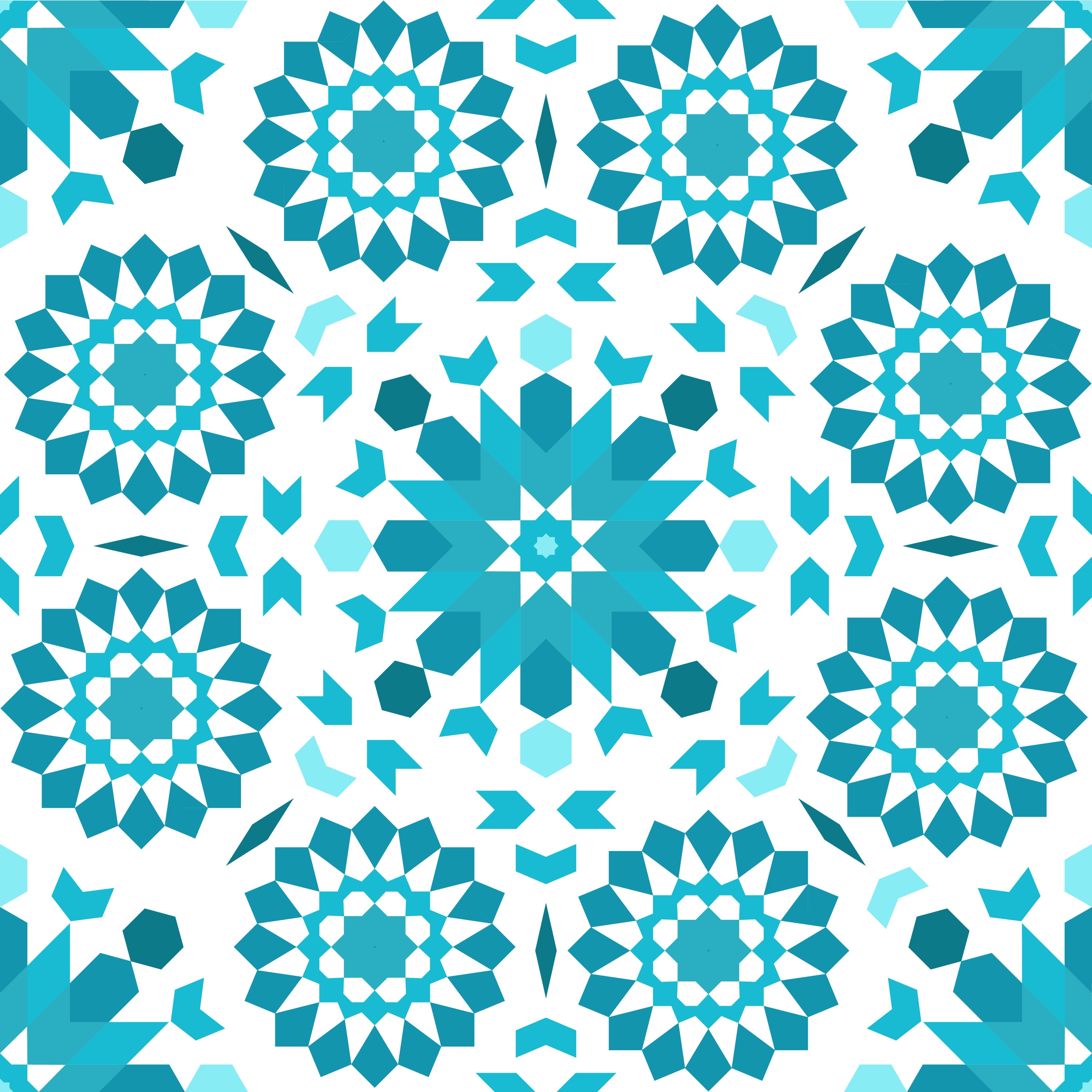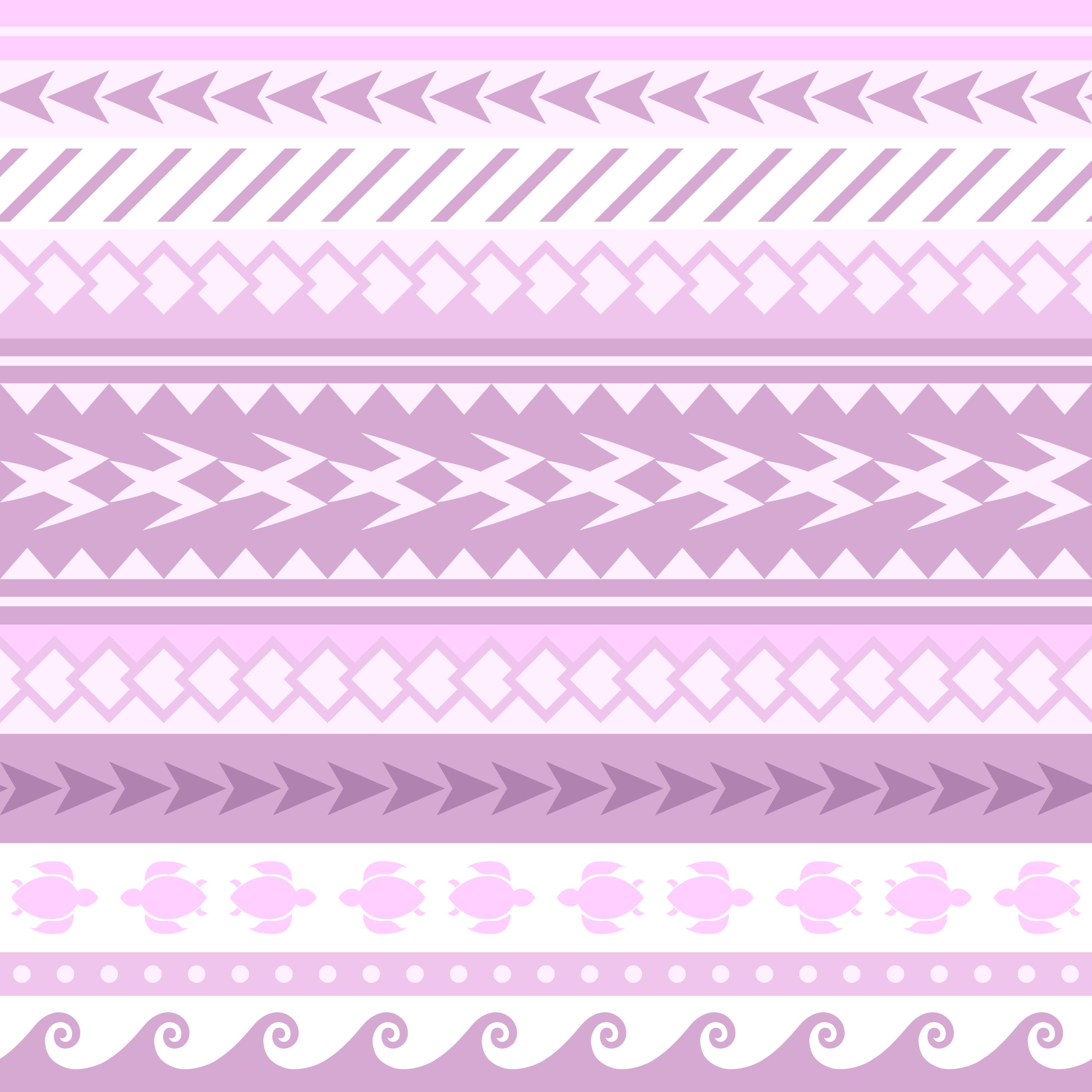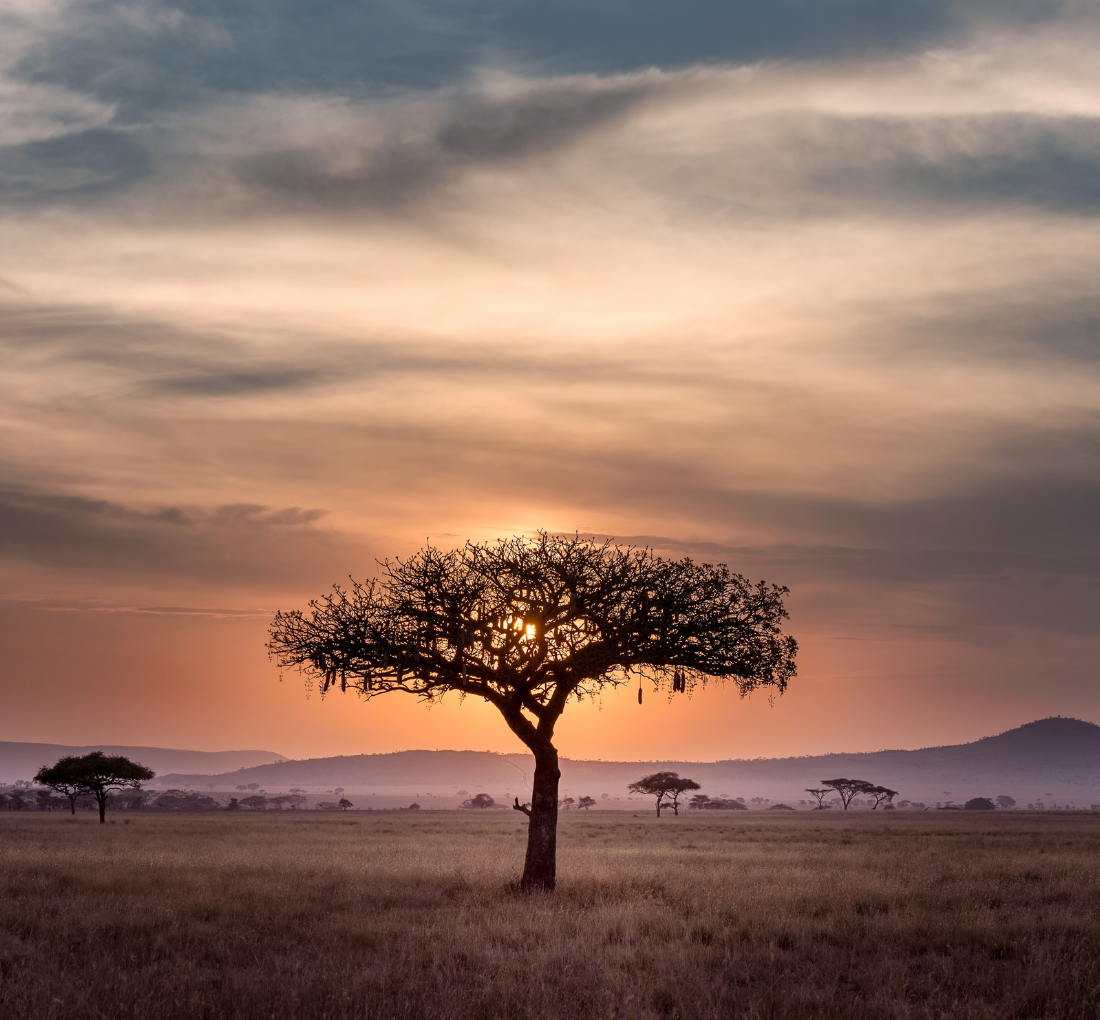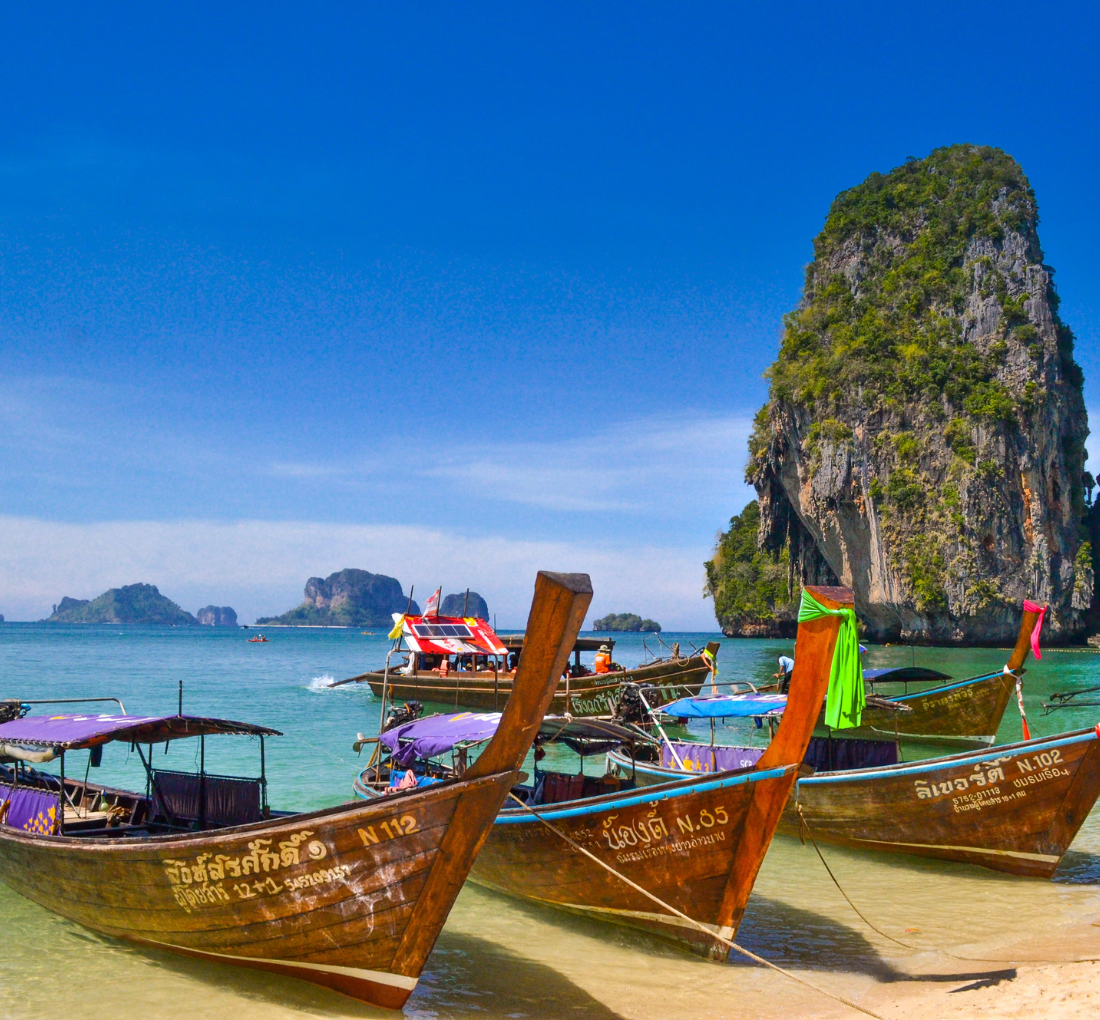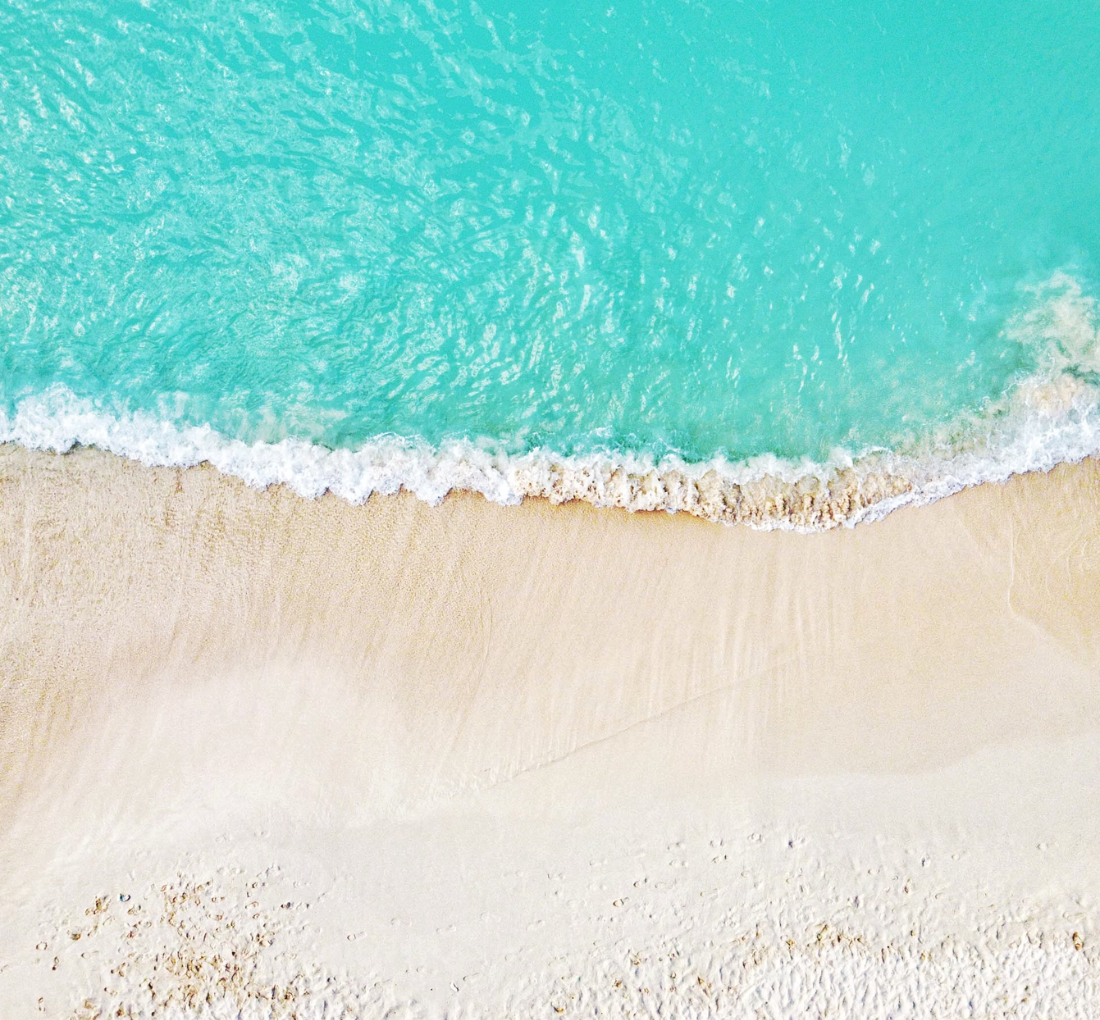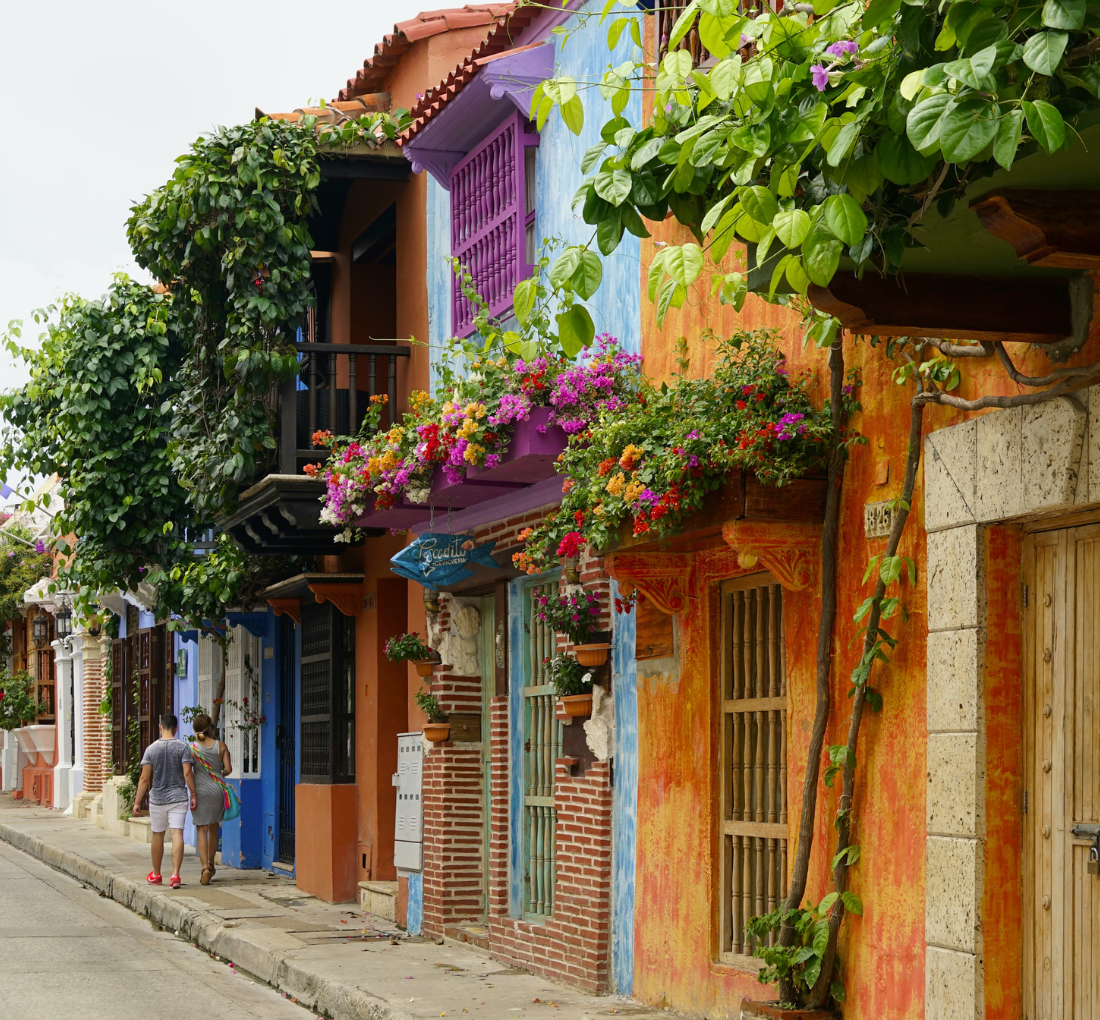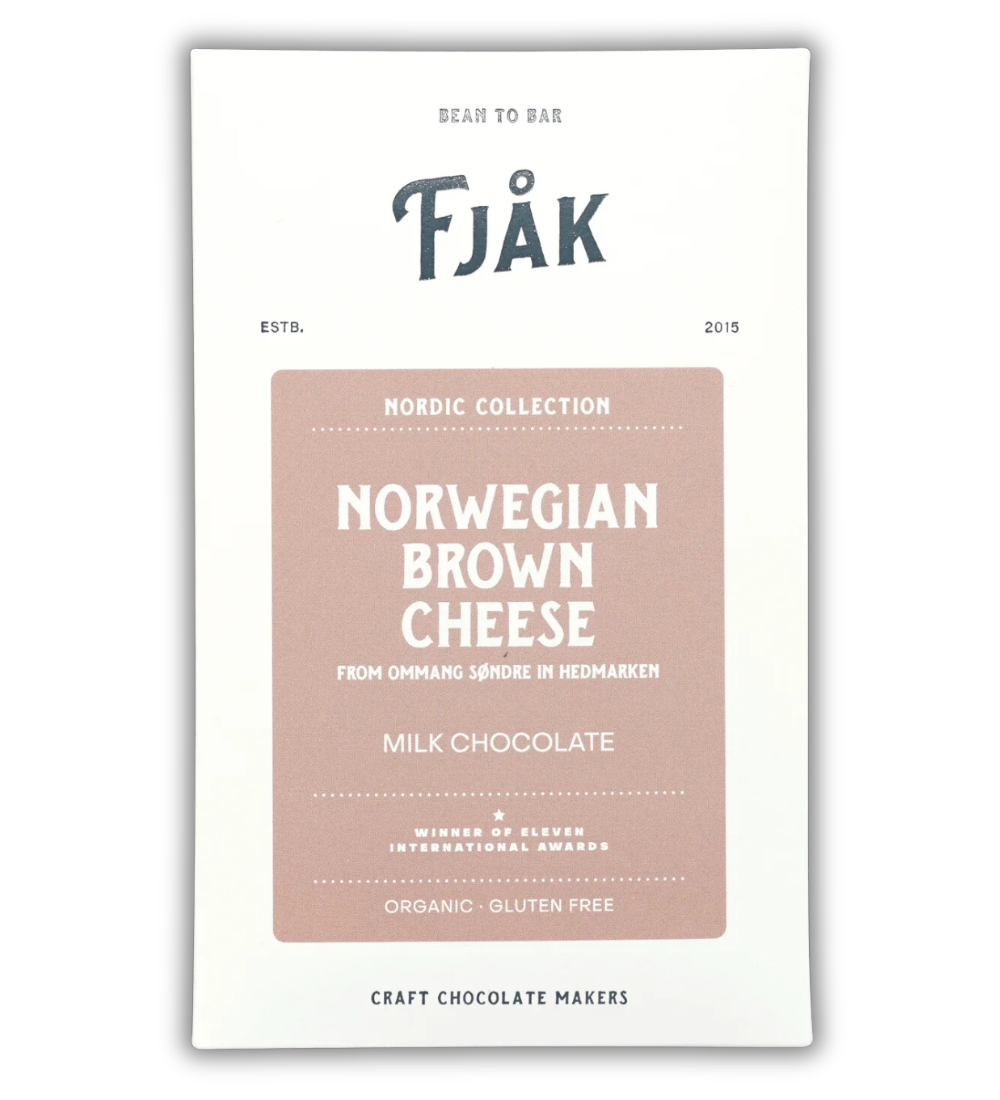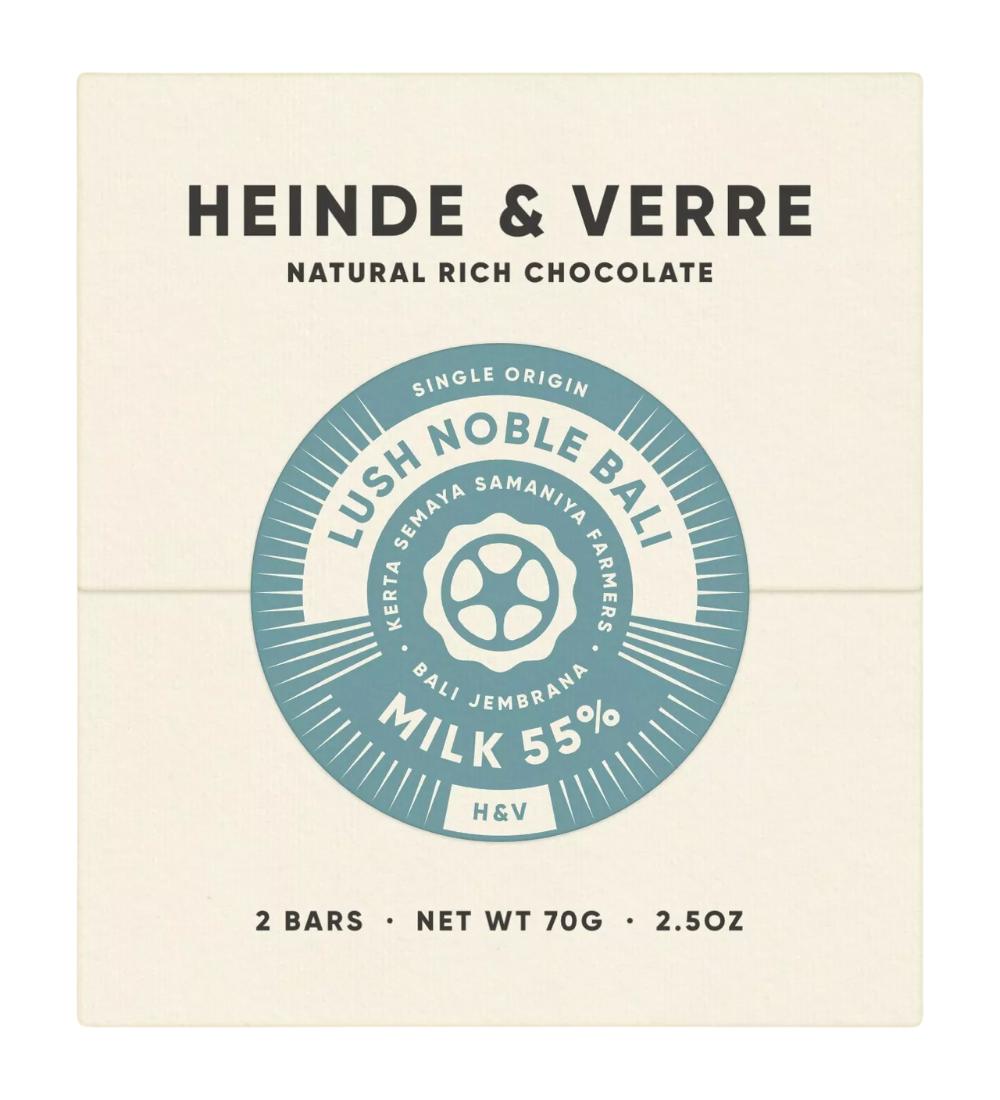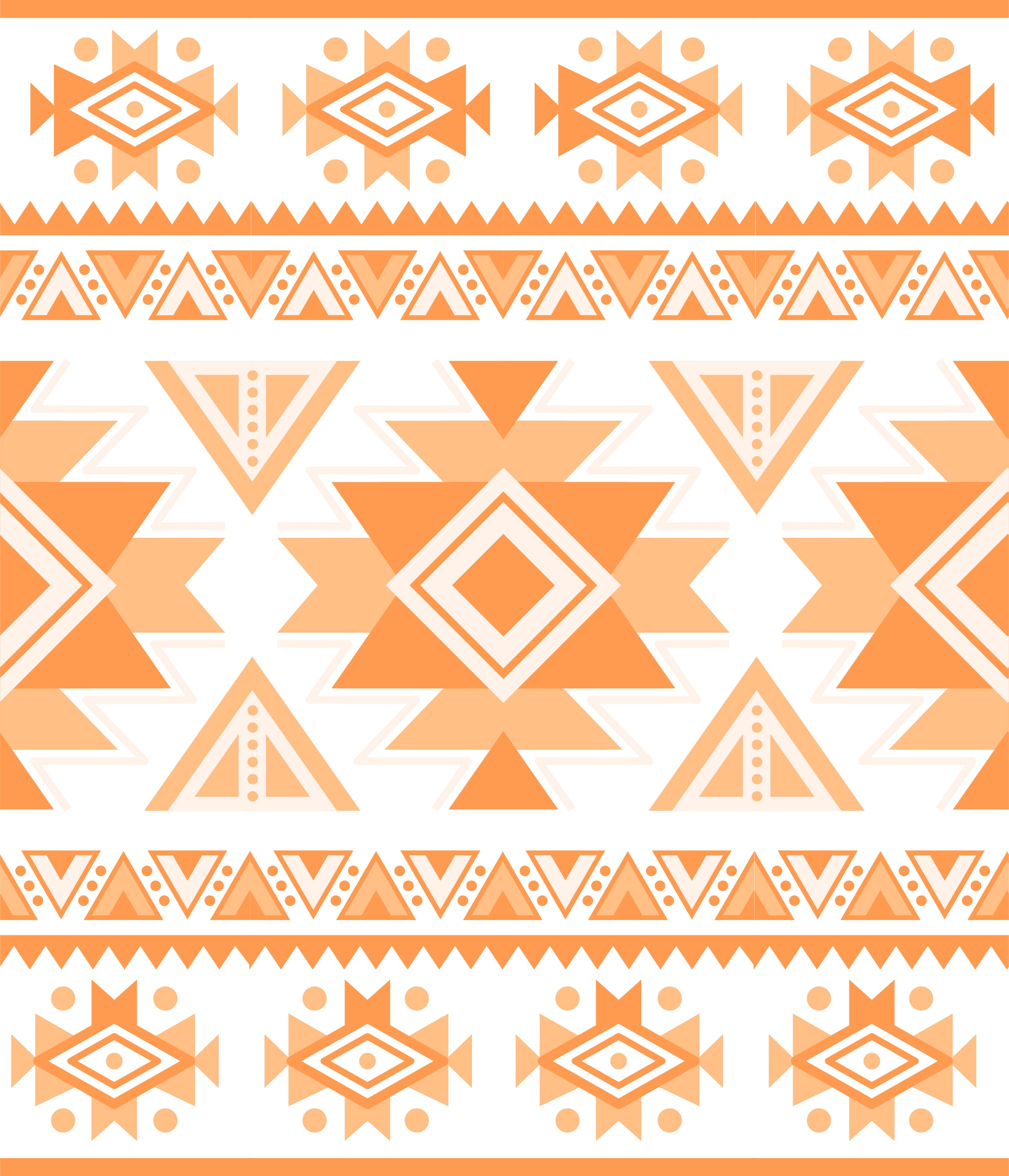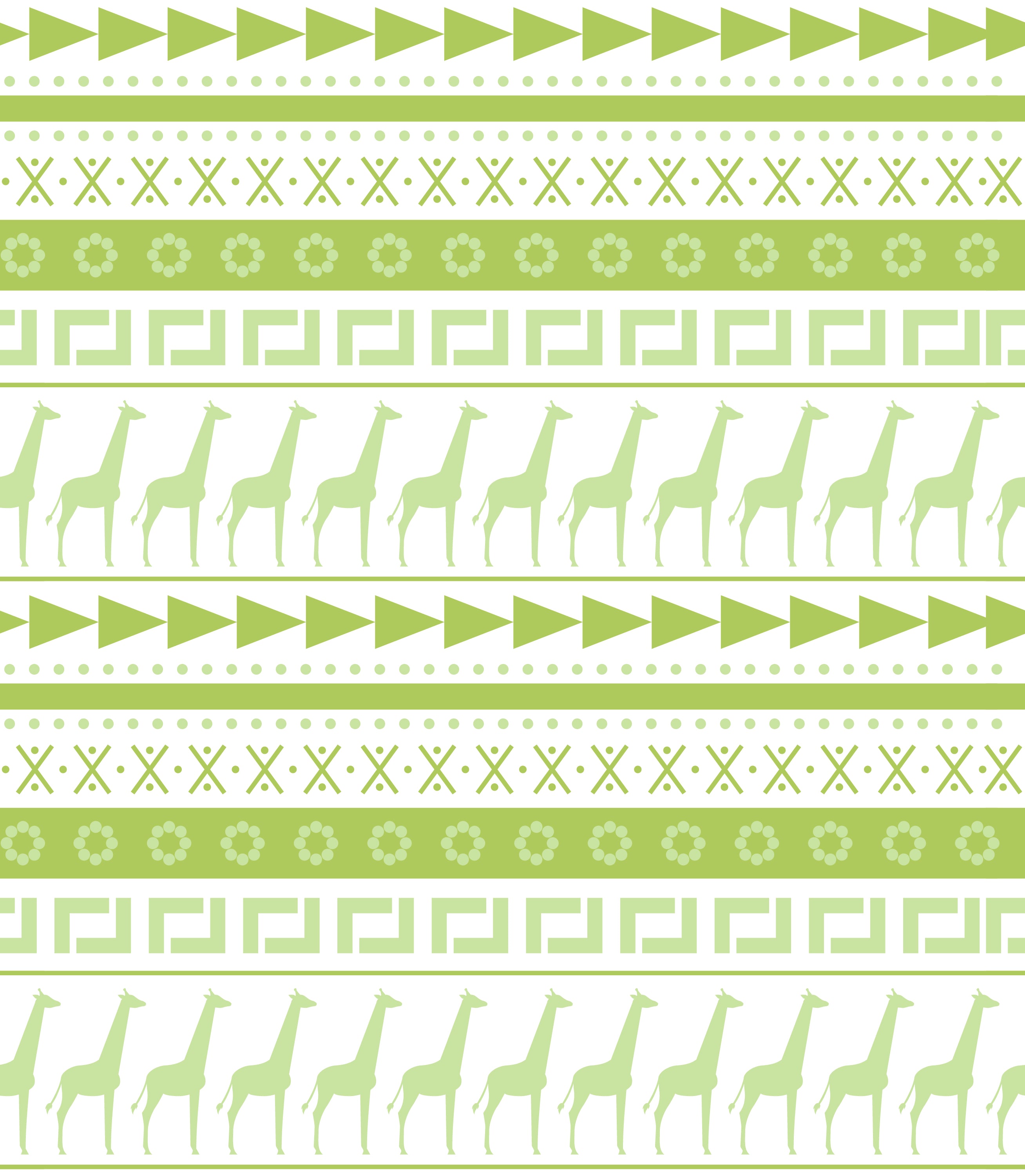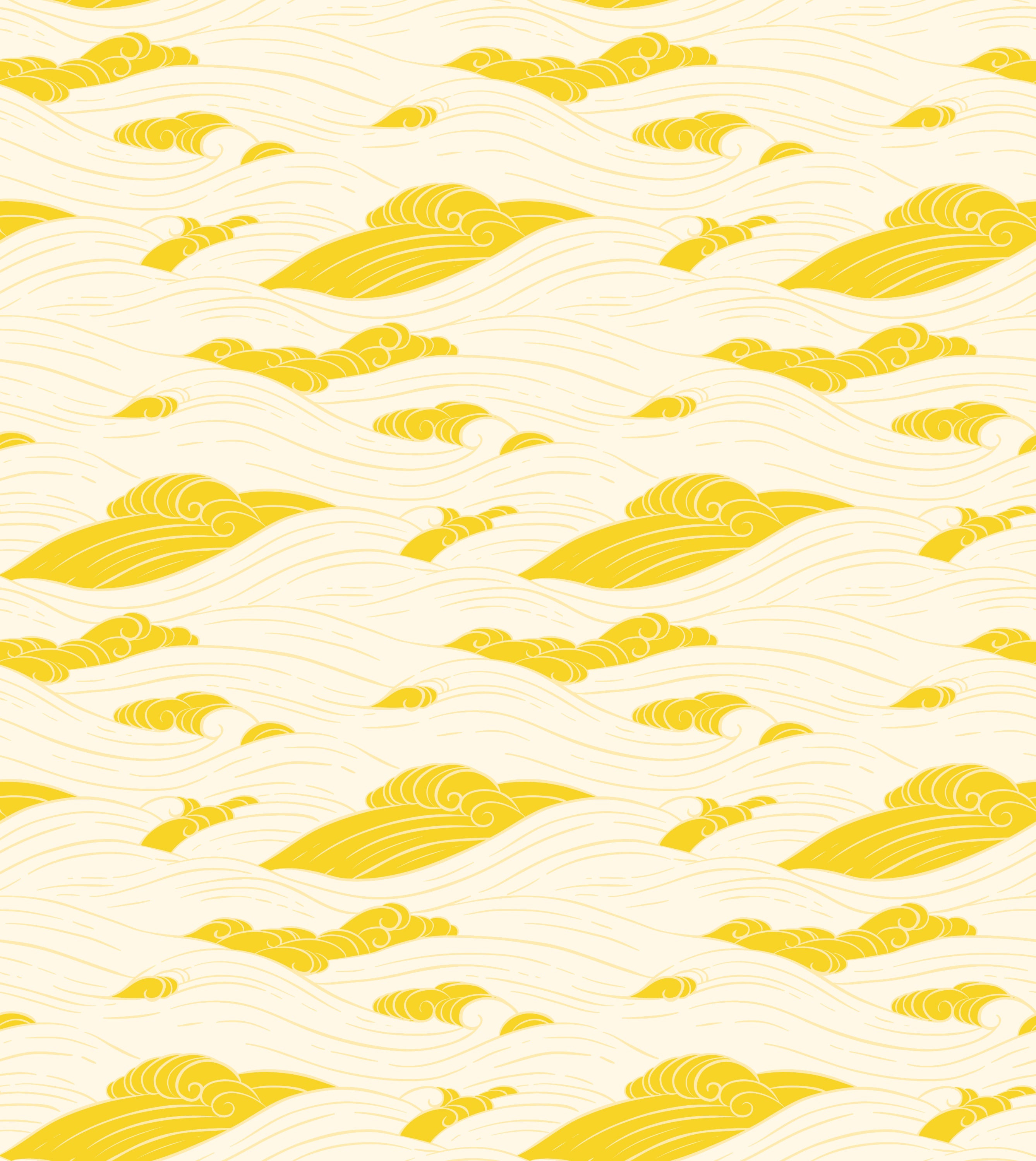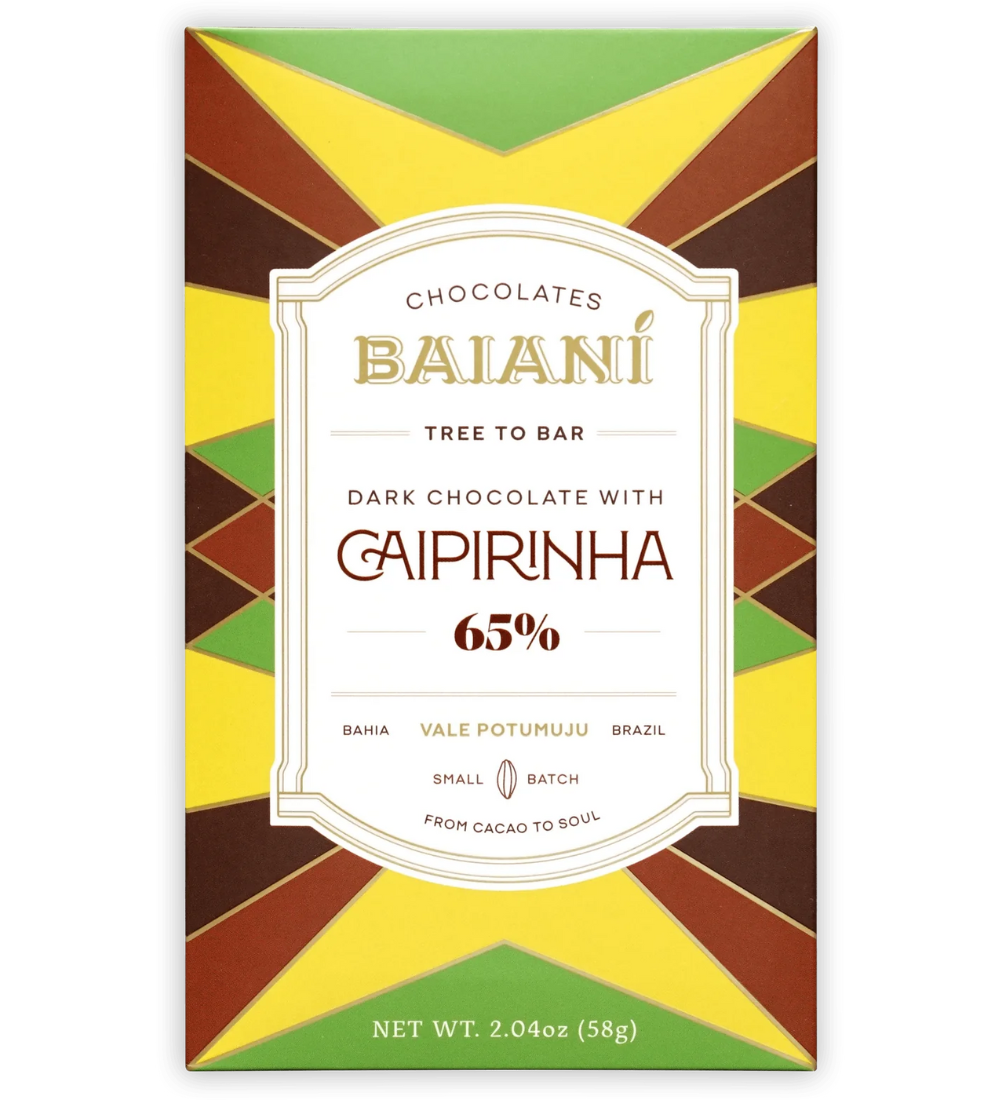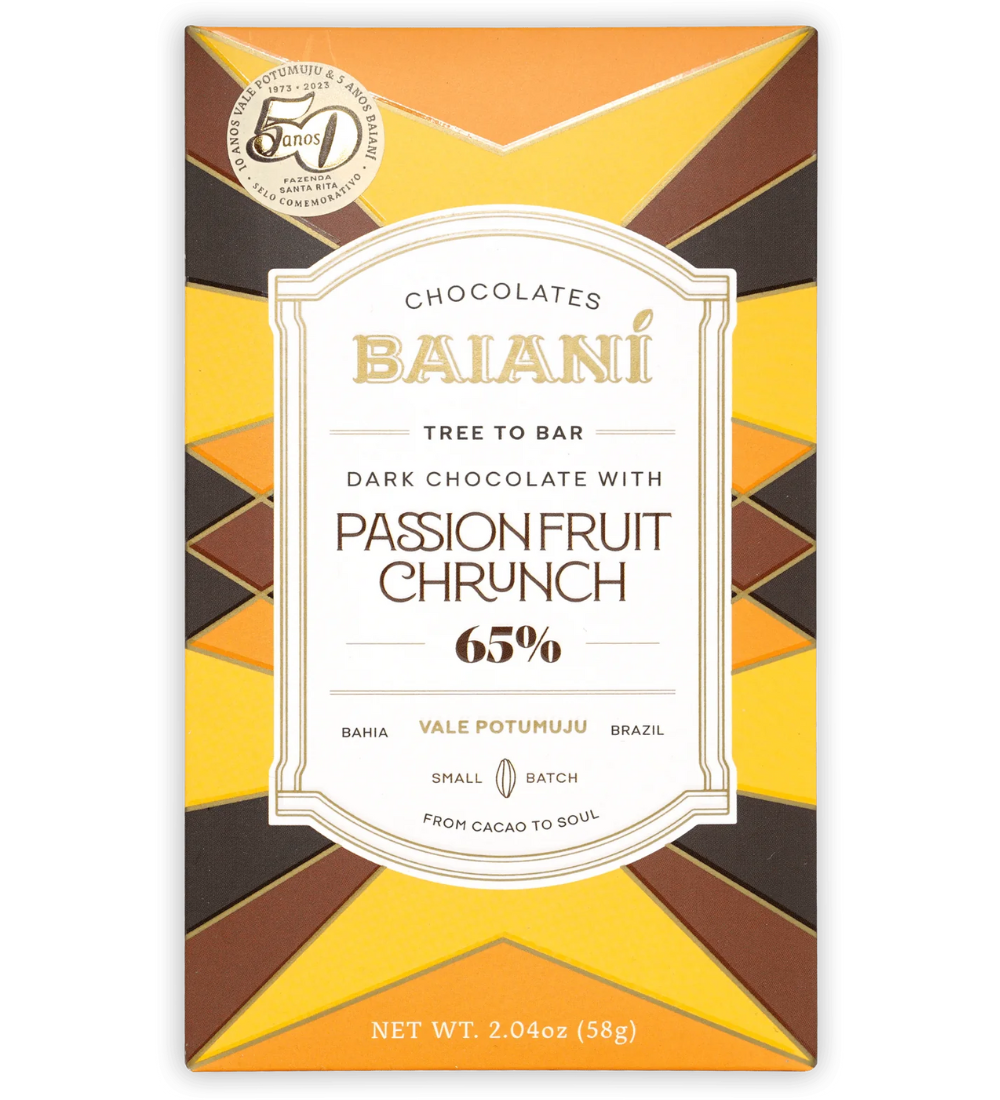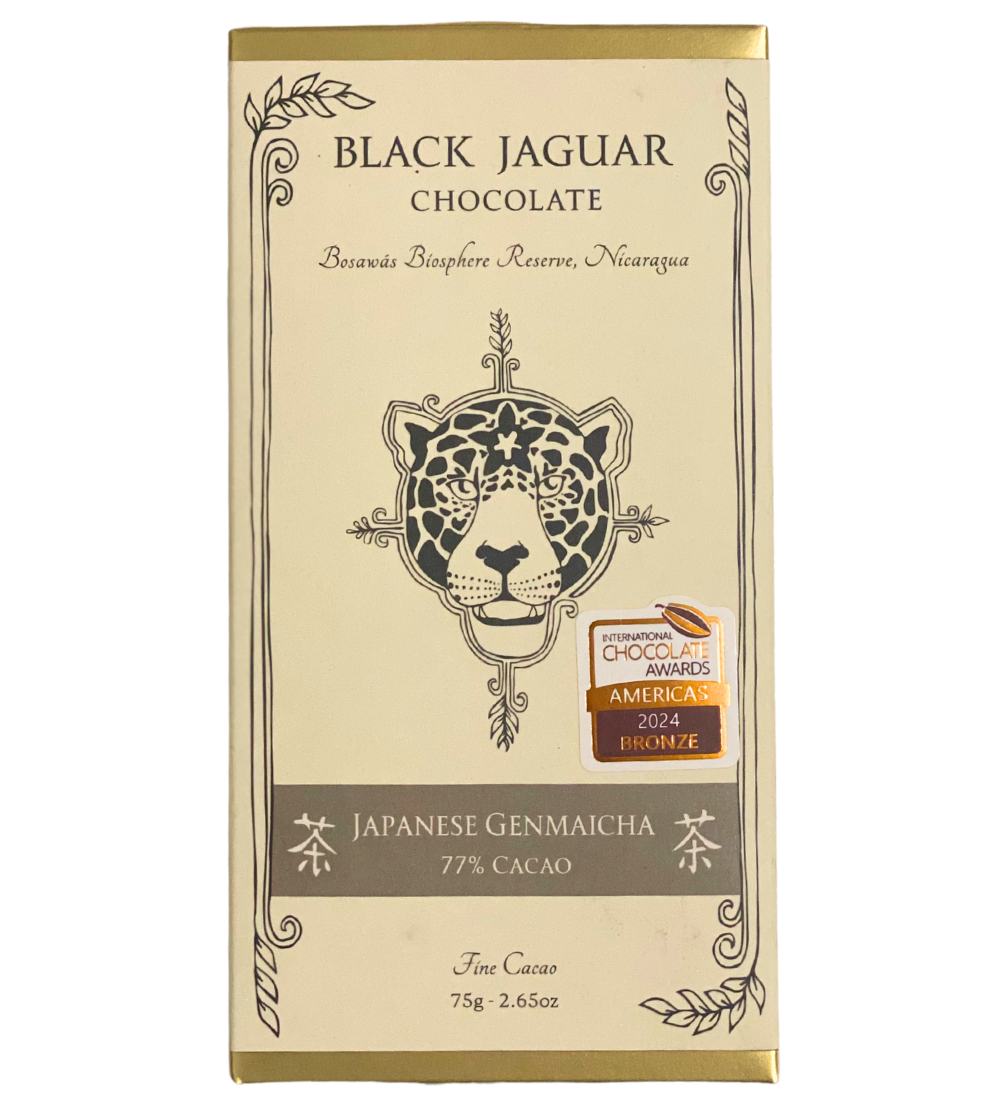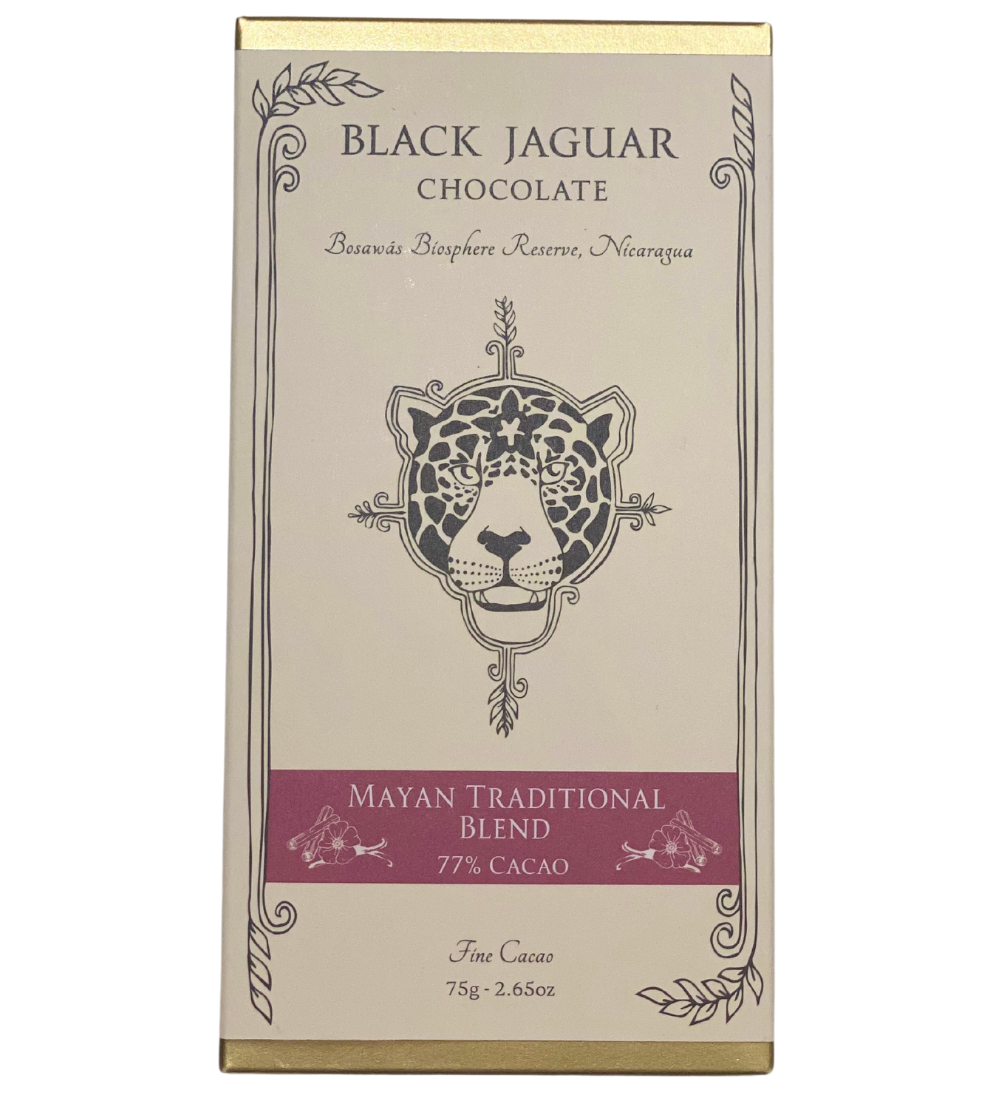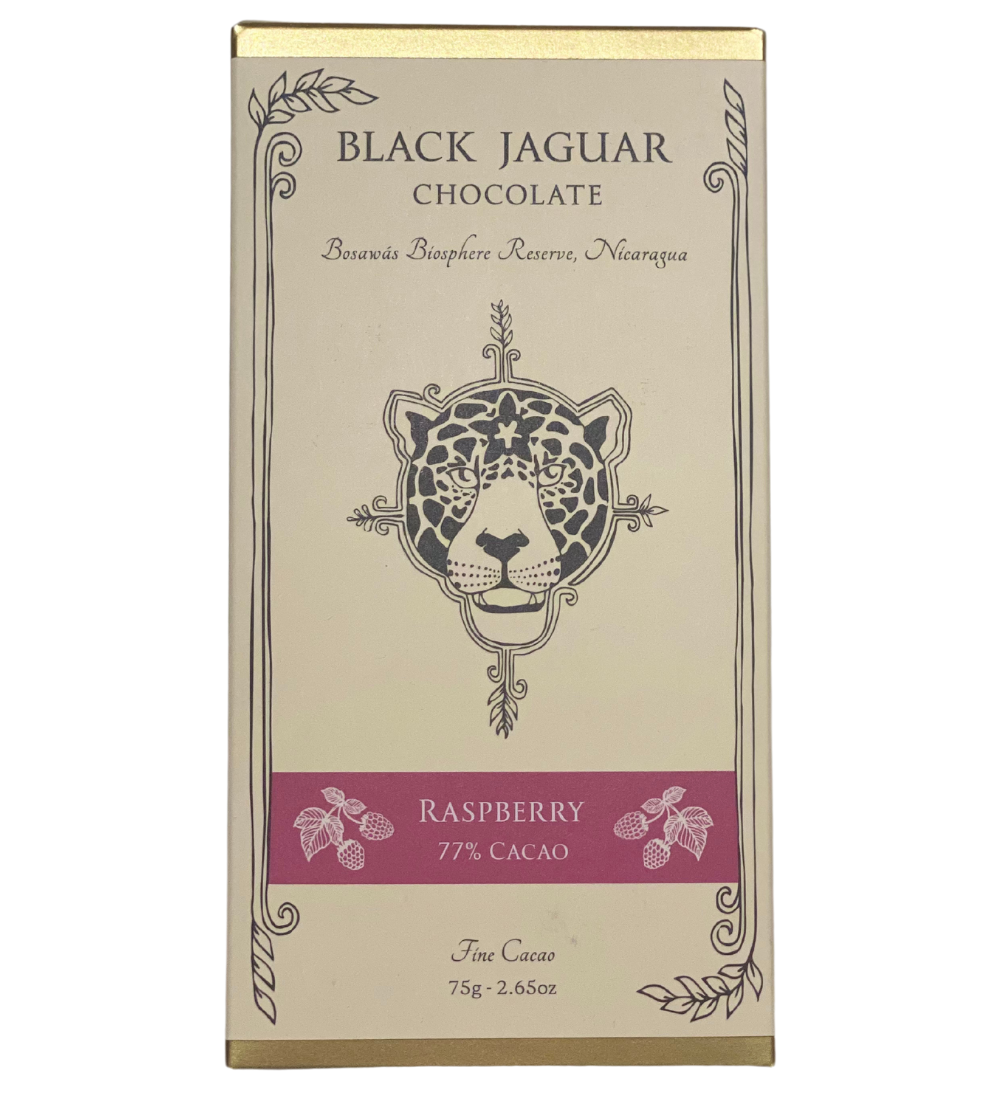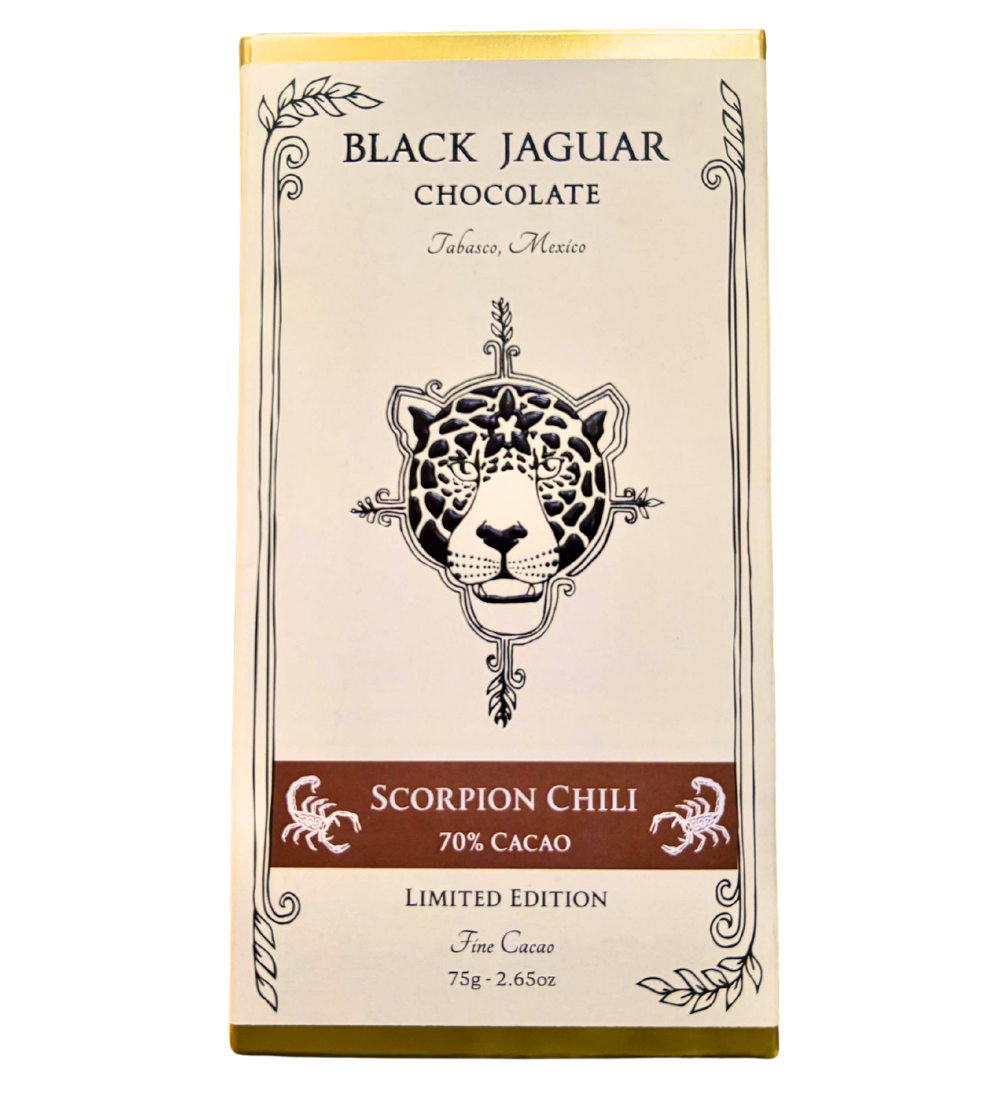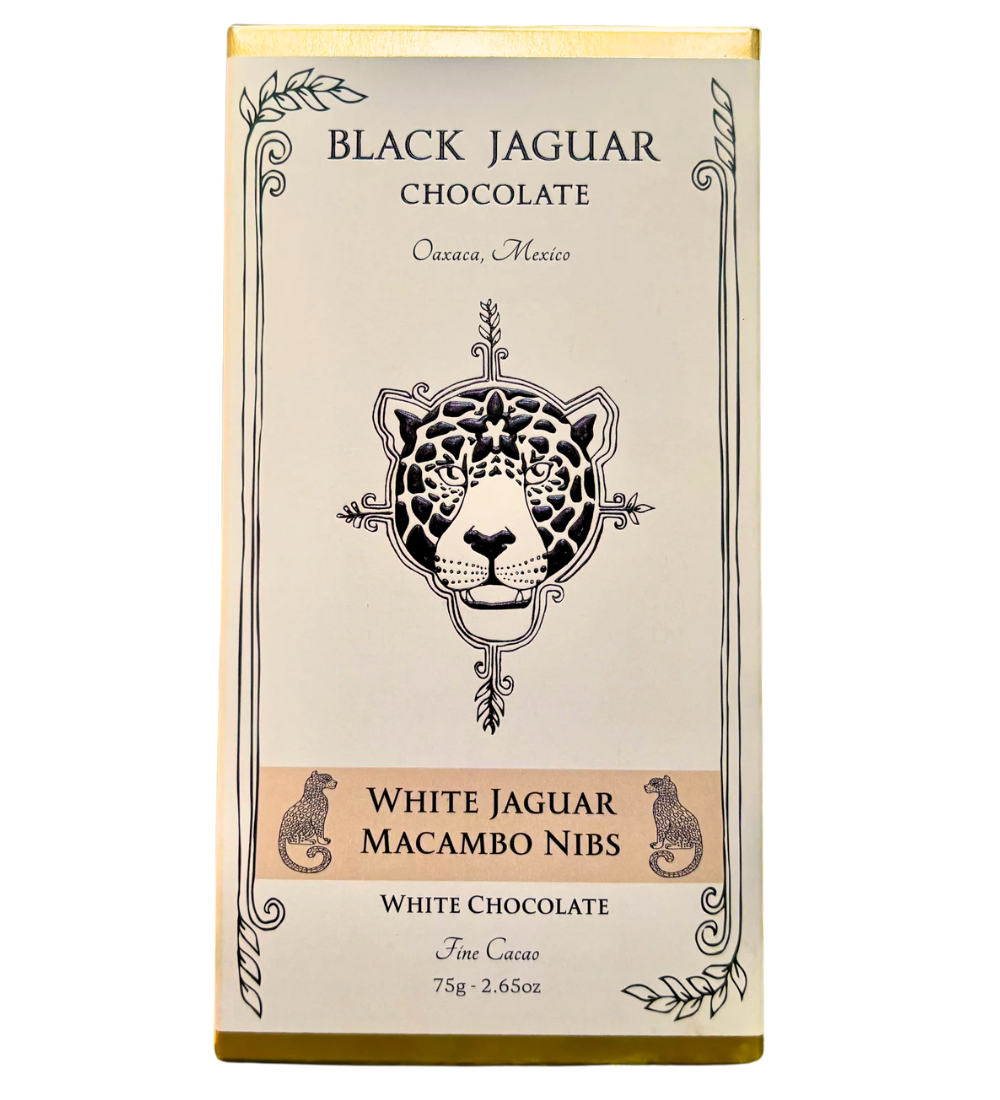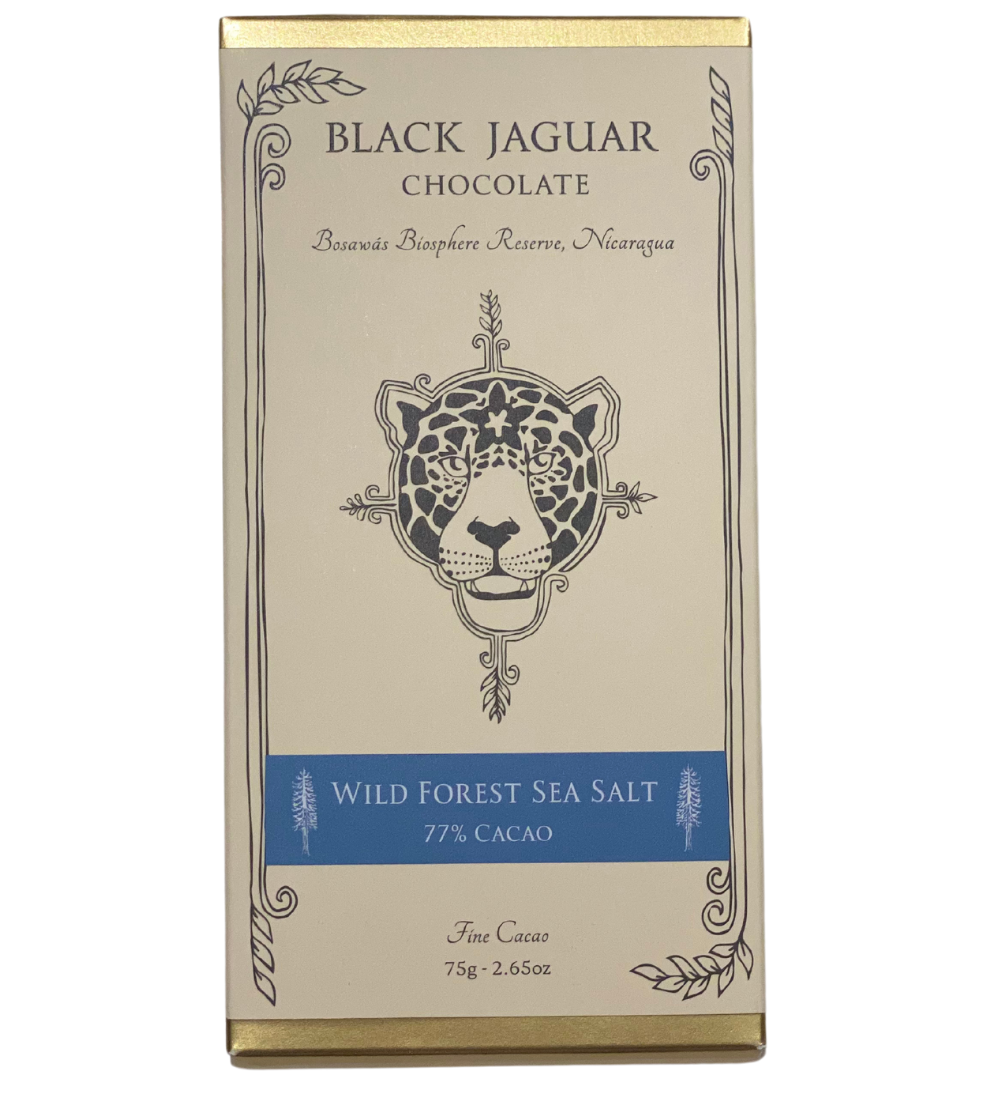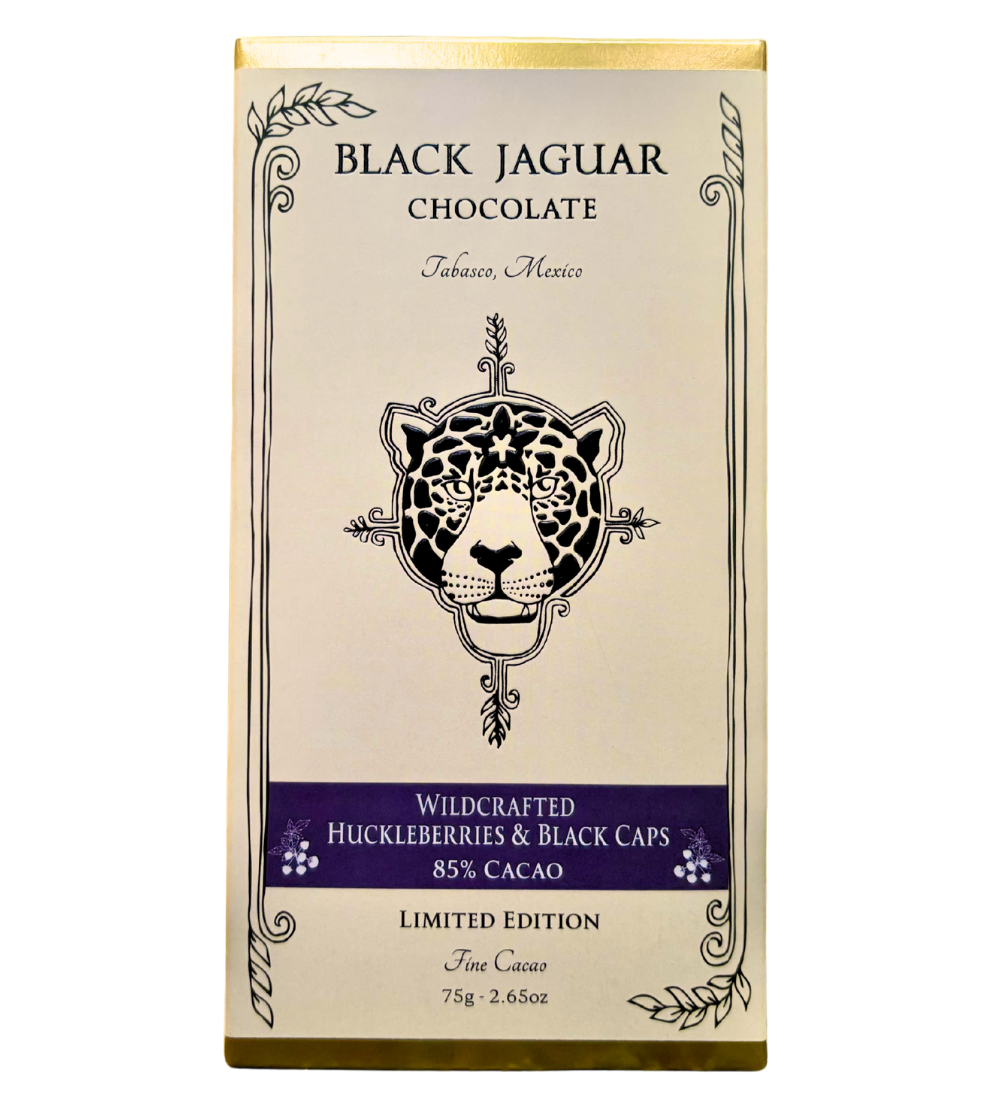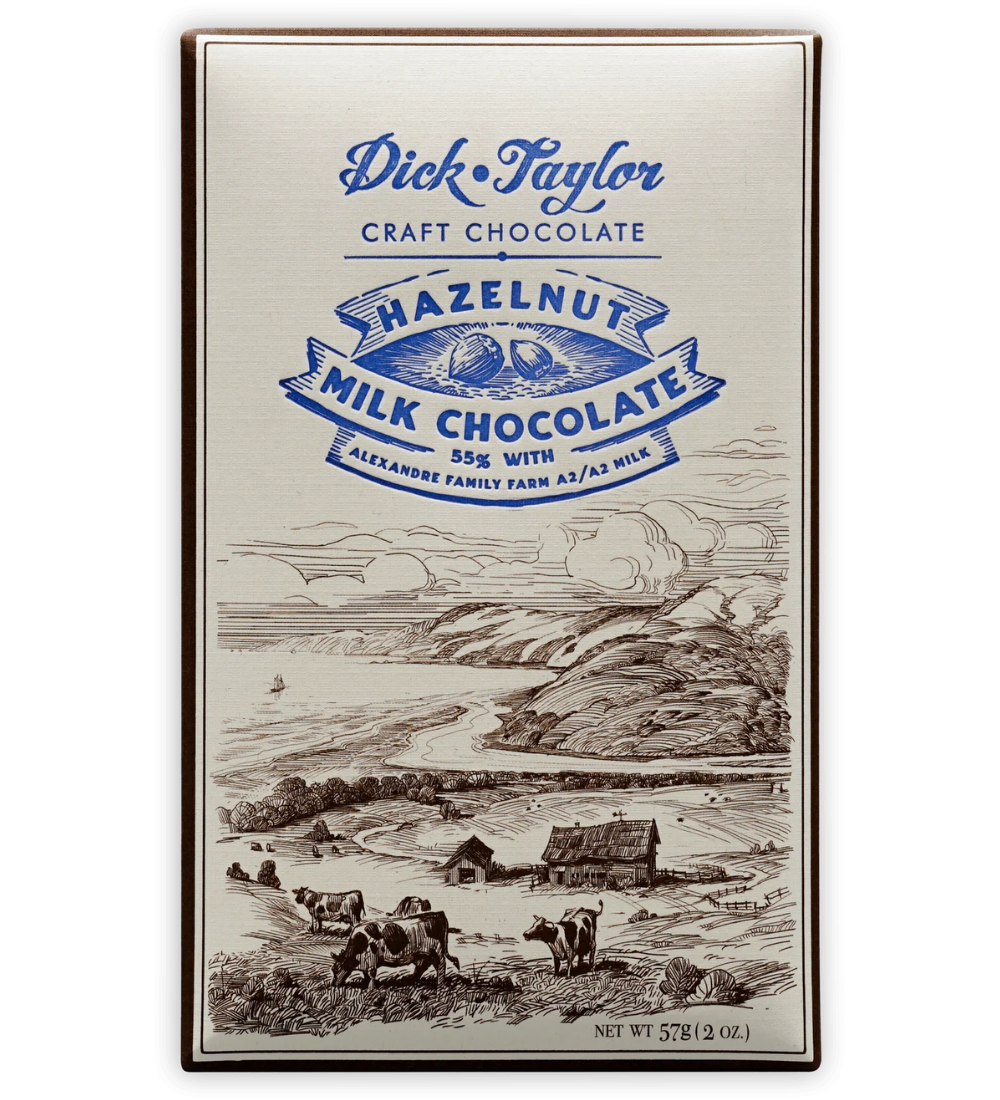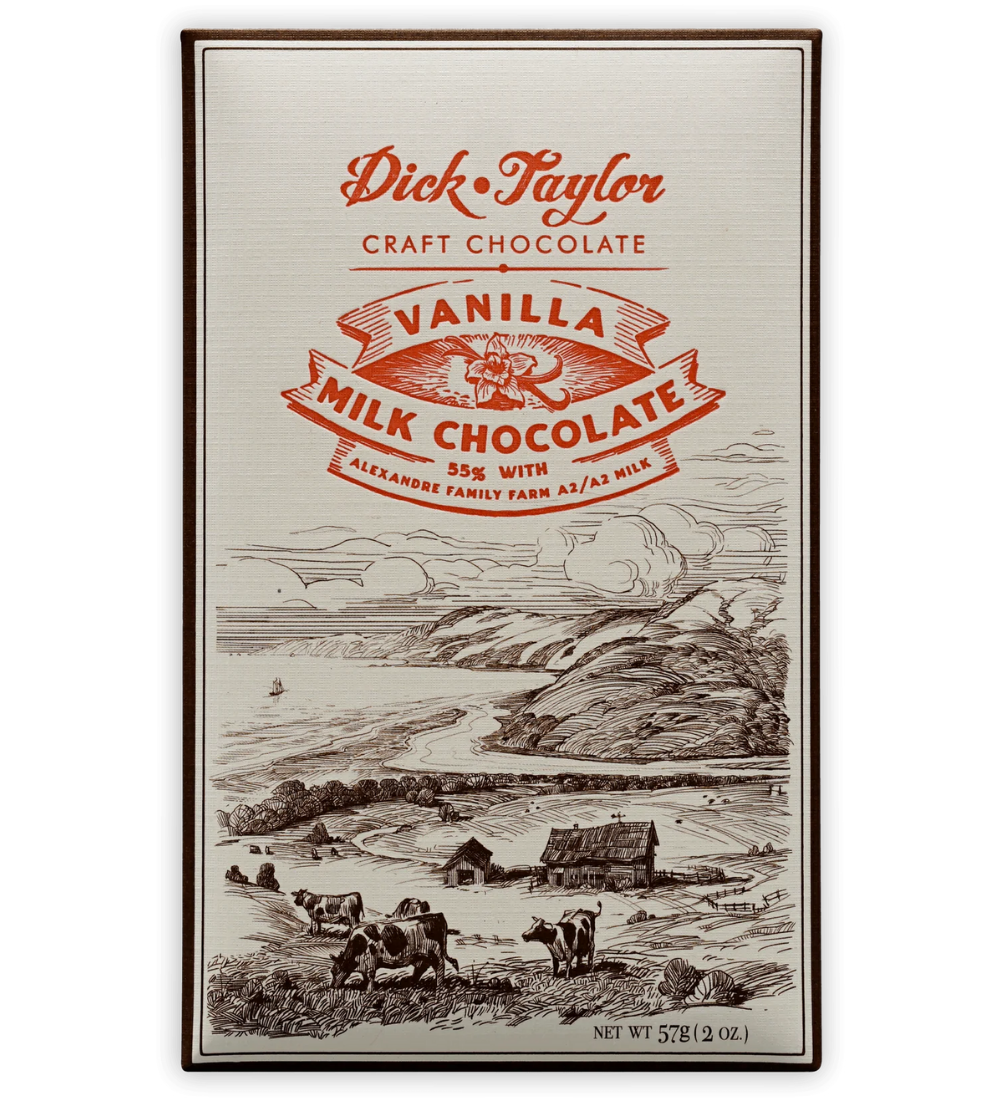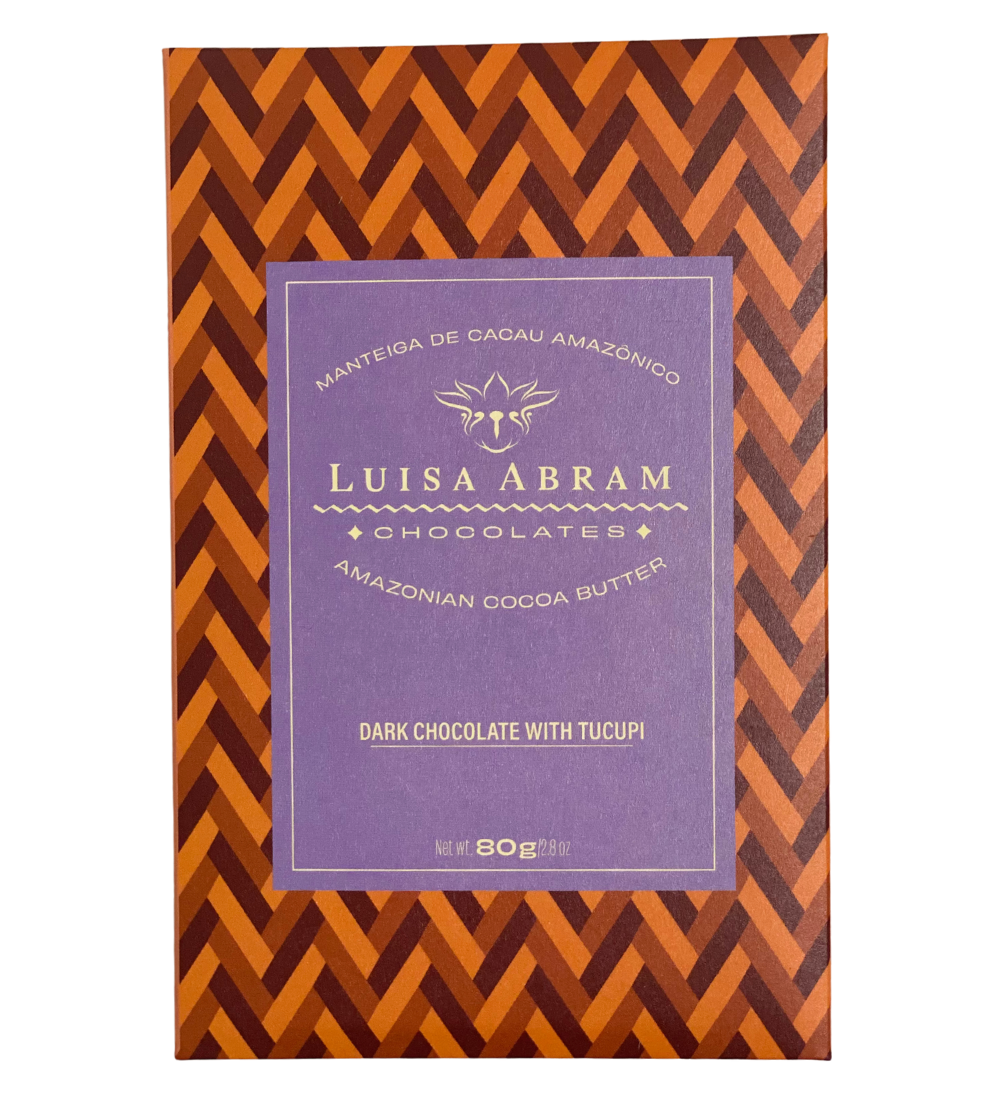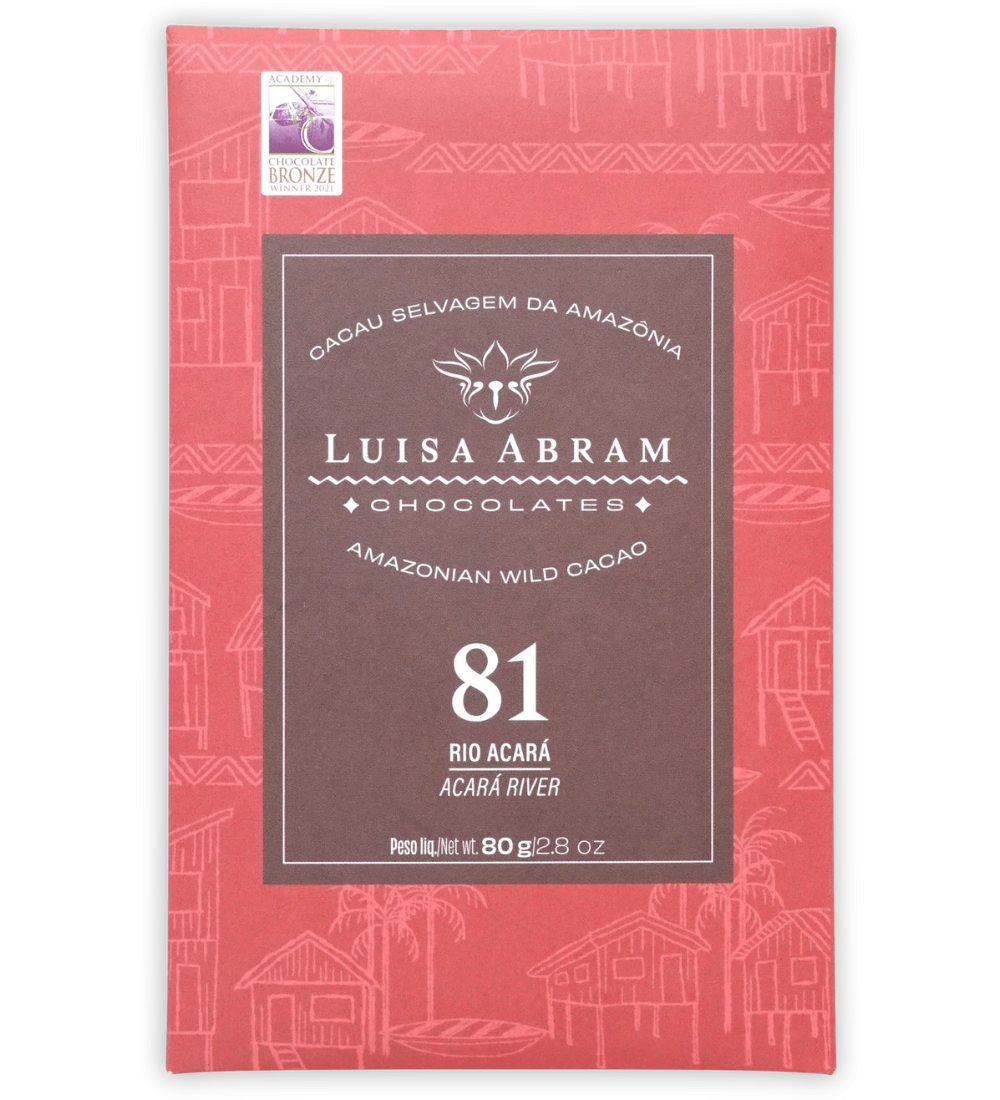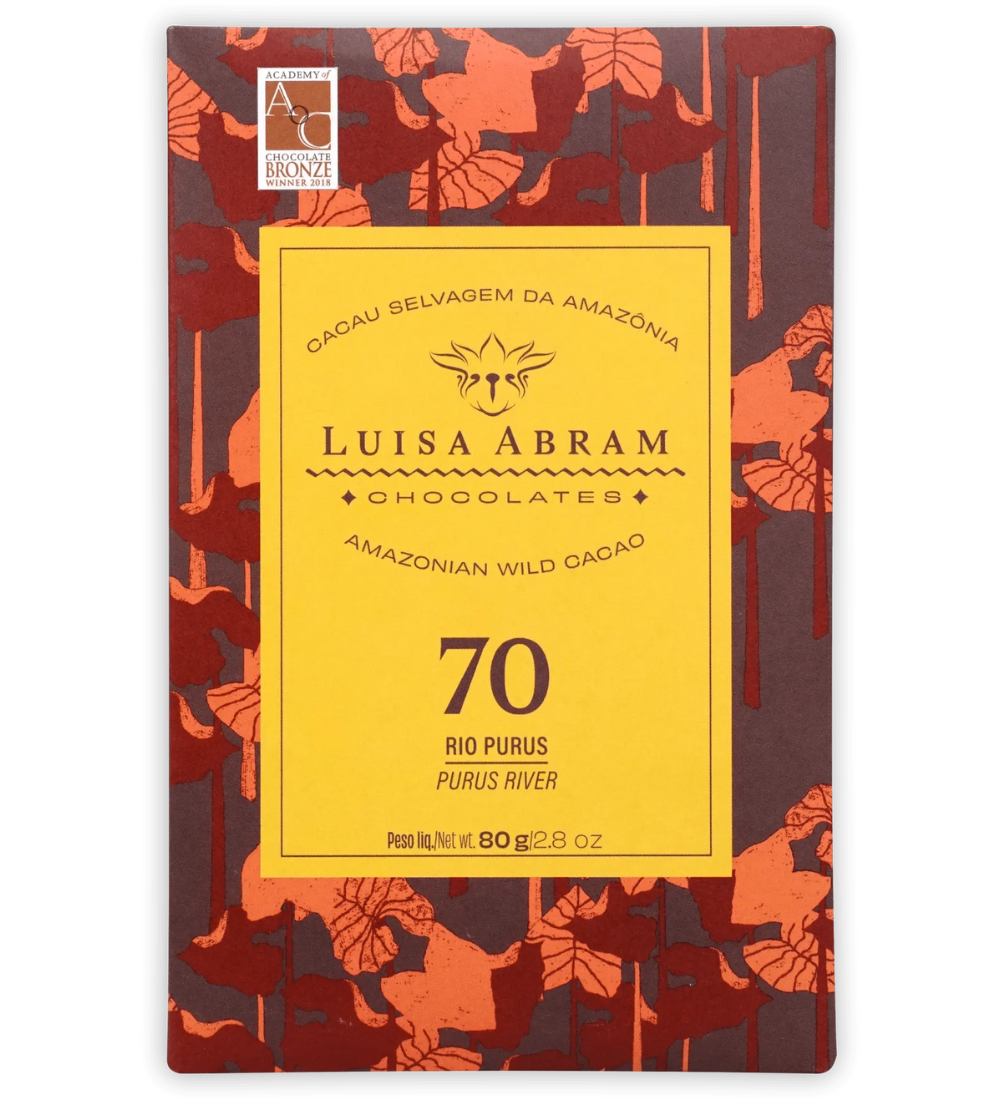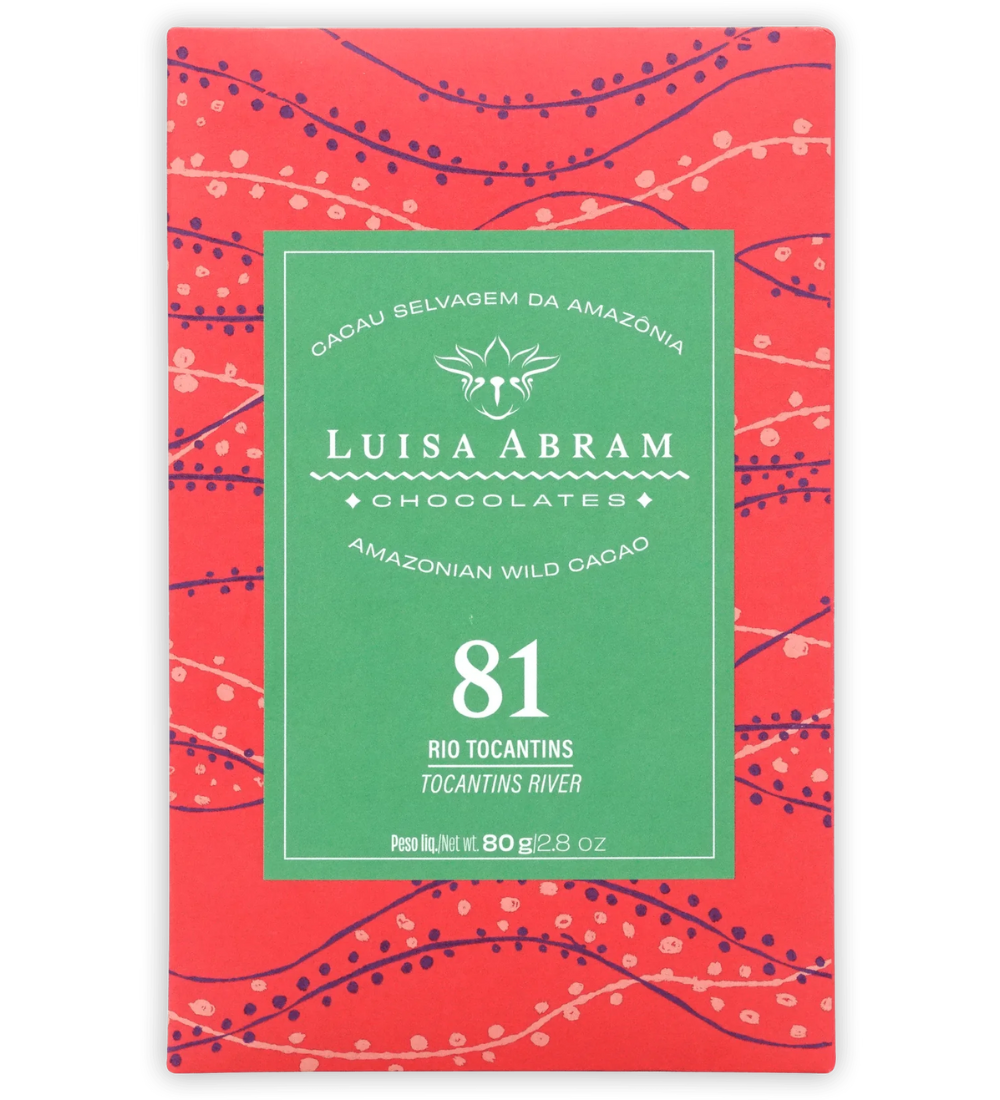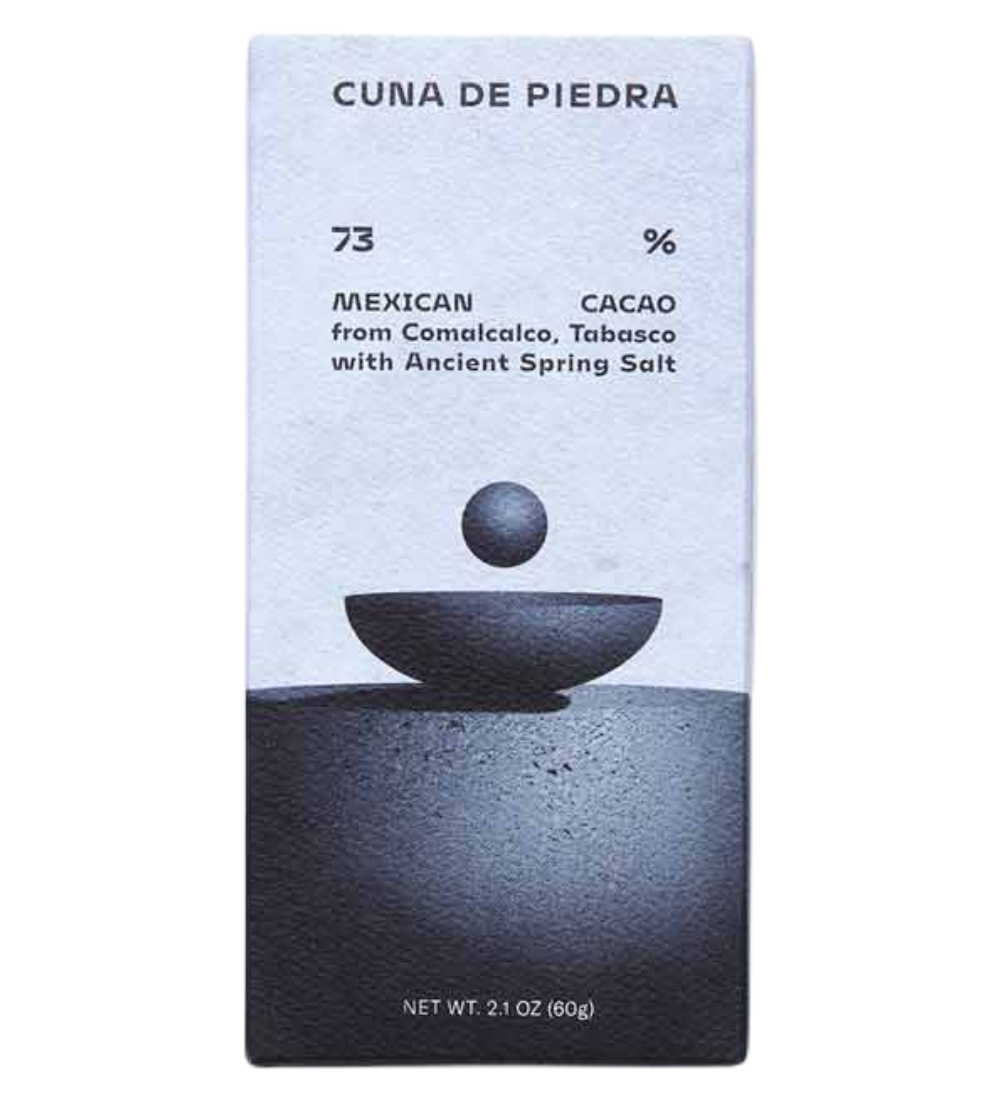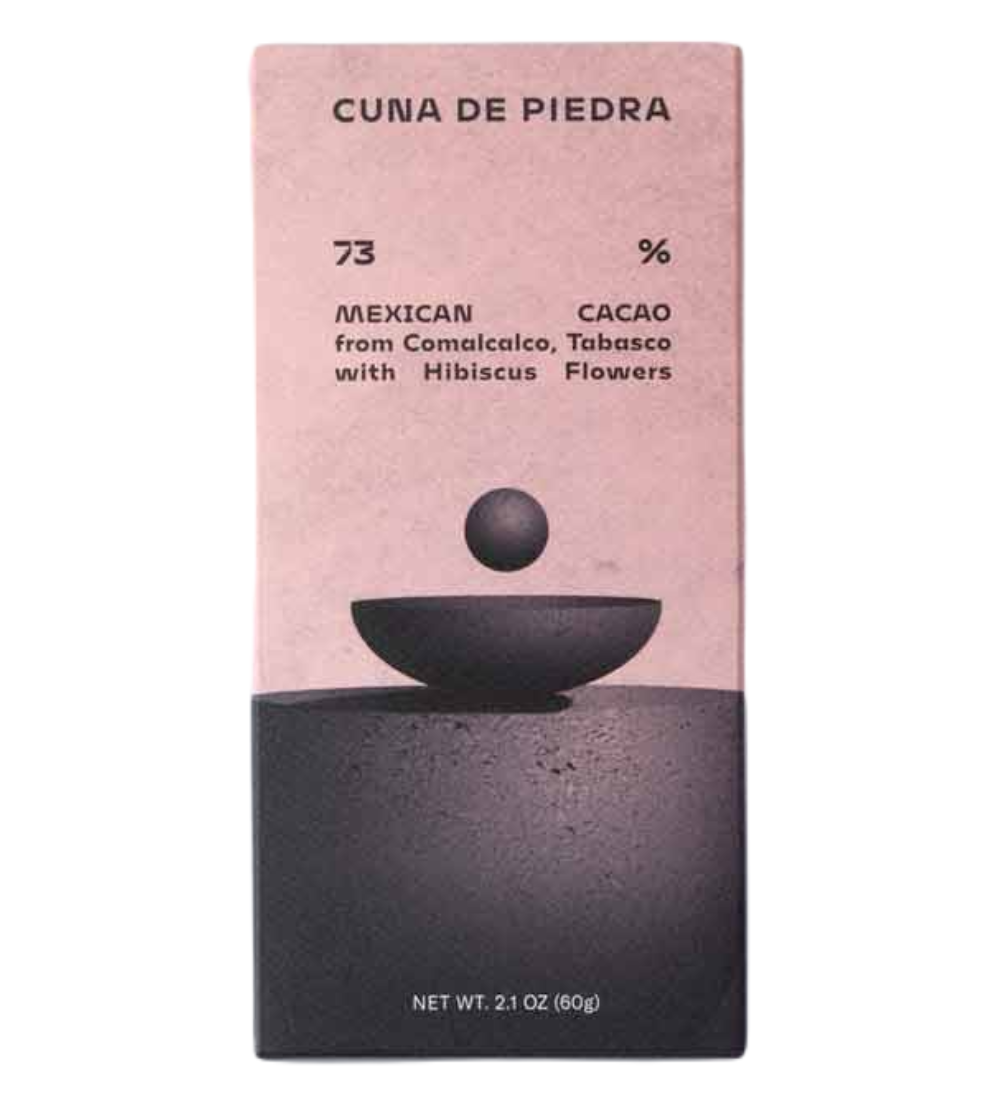Baianí Brazilian Coffee 70%
Cocoa Origin: Brazil
Producer Country: Brazil
Weight: 58 g
Adding product to your cart
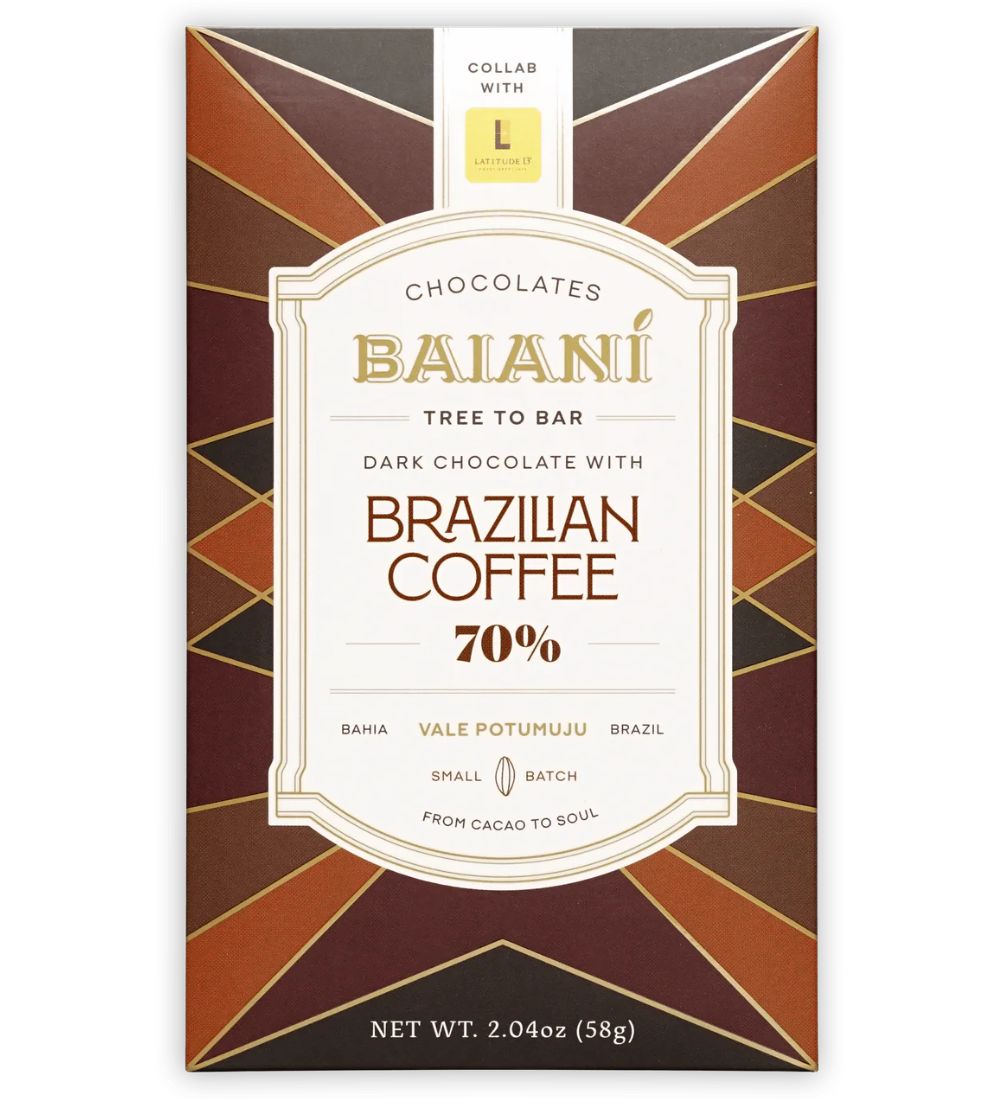
Baianí Brazilian Coffee 70%
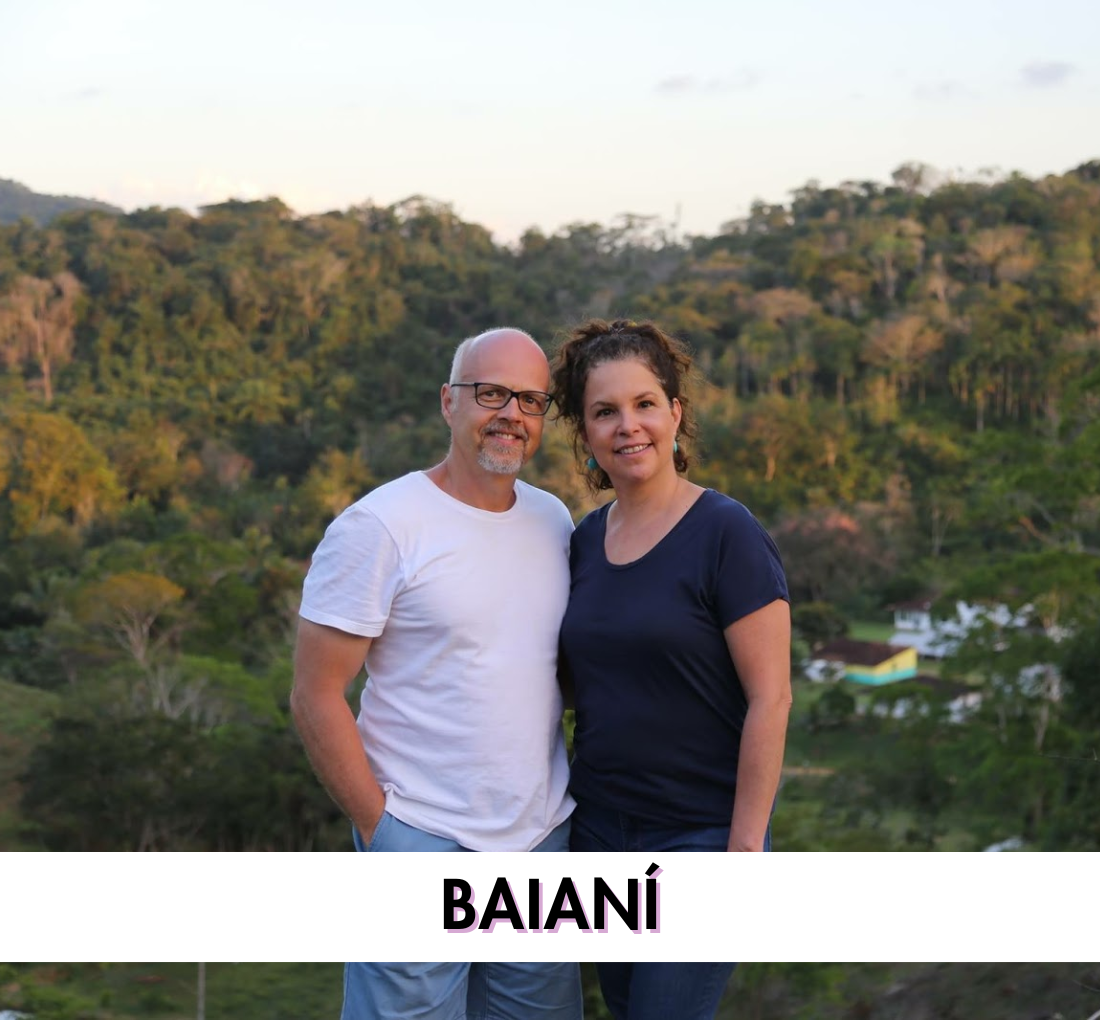
Childhood friends turned spouses, Juliana and Tuta, are descendants of cacao farming families dating back to the early 1900s. After pursuing careers abroad, they returned to their roots, founding Vale Potumujú in Arataca, Bahia. Situated on nearly 900 acres within the biodiverse Atlantic Rainforest, almost half of the estate is dedicated to preserved forests; Juliana and Tuta are passionate advocates of the "Cabruca" agroforestry system, integrating native trees to cultivate cacao. This method fosters a sustainable environment for diverse wildlife exclusive to this biome. They replant 4000 seedlings annually. Focusing on Forastero and Trinitario hybrid cacao varieties, each batch is segregated into micro-lots, reflecting their terroir. All cocoa is grown, processed, and transformed into chocolate on-site and Juliana, with her background in gastronomy, enjoys featuring classic Brazilian ingredients in their inclusion bars, adding a uniquely Brazilian touch to many of their offerings.
Shop More BaianíBahia, a large state in central Brazil that hugs the Atlantic Ocean, features up to nine distinct climate types and diverse geography, with average rainfall ranging from 363 to 2,000 mm per year, depending on the region. Its topography includes mountains descending into plains, extensive coastlines with beaches and coconut groves, and areas of swamps and lagoons. The aptly named “Cocoa Coast” in the south is where most cocoa farming is done. This part is characterized by ecological sanctuaries, dense forests, and wetland vegetation. Unfortunately, large monocrop plantations left the region vulnerable to a disease called “Witches Broom” which all but wiped out cocoa farming in the 1980s. However, family farms have since revitalized the industry, focusing on premium cocoa and artisan chocolate production.
